Zacharia Mutai was devastated the day he lost his best friend Sudan. Sudan was someone he spent years with, someone he knew better than his own children, someone he loved. This death was tragic, but not a surprise.
Zacharia, the head rhino caregiver at the Ol Pejeta Conservancy in northern Kenya, was caring for the last remaining northern white rhinos on the planet. His friend Sudan was the last male rhino of this species.
Sudan, 45 years-old, was gentle, hulking and otherworldly. His final moments were eerily quiet—just the sound of the rain falling, a single bird scolding, and the muffled sorrow of his caretakers.
But this is not just the story of Zacharia's loss or of the death of a rhino. This is the story of the death of a species. A loss of such magnitude is a loss for all of humanity. Without these creatures, we suffer more than just the loss of ecosystem health. We suffer a loss of imagination, a loss of wonder, a loss of beautiful possibilities.
In Remembering Sudan, photographer and filmmaker Ami Vitale documents the heartbreaking crisis facing the northern white rhinos and keepers like Zacharia Mutai who sacrifice so much to protect them.
After Sudan’s death in 2018, only two northern white rhinos remain, both females. Through Zacharia’s story, Vitale explores efforts to protect these rhinos as well as the groundbreaking scientific developments aimed at bringing the species back.
How did we arrive at the point where such desperate measures were necessary? It’s astonishing that a demand for rhino horn based entirely on misinformation has caused the wholesale slaughter of a species. At the same time, it is encouraging that a disparate group of people have come together in an attempt to save something unique and precious, something that if not saved, will be gone forever.
Go to olpejetaconservancy.org and Biorescue.org to learn more about saving and protecting these endangered species.
100 percent of the profits from film sales will be donated to Ol Pejeta Conservancy.
Festivals
Credits
Special thanks to Ol Pejeta Conservancy, Zacharia Mutai and the entire team of keepers, rangers, and staff who have committed their lives to protecting wildlife.
Thank you to Safari Park Dvůr Králové and BioRescue consortium.
Related Links
MediaStorm Project Showcase
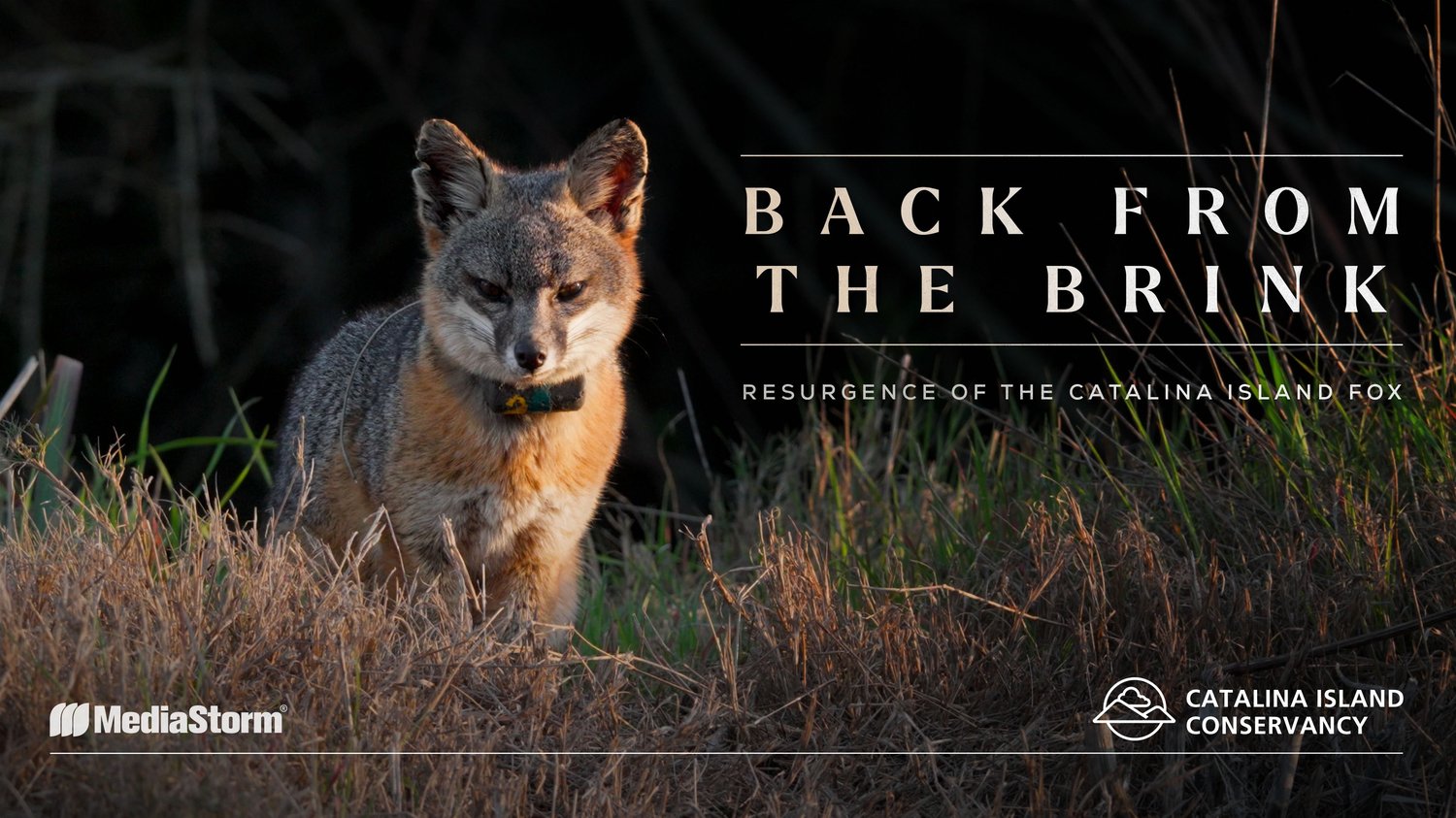
Once teetering on the brink of extinction, the Santa Catalina Island Fox made a dramatic recovery. Its resurgence marks one of the greatest conservation success stories in United States history.
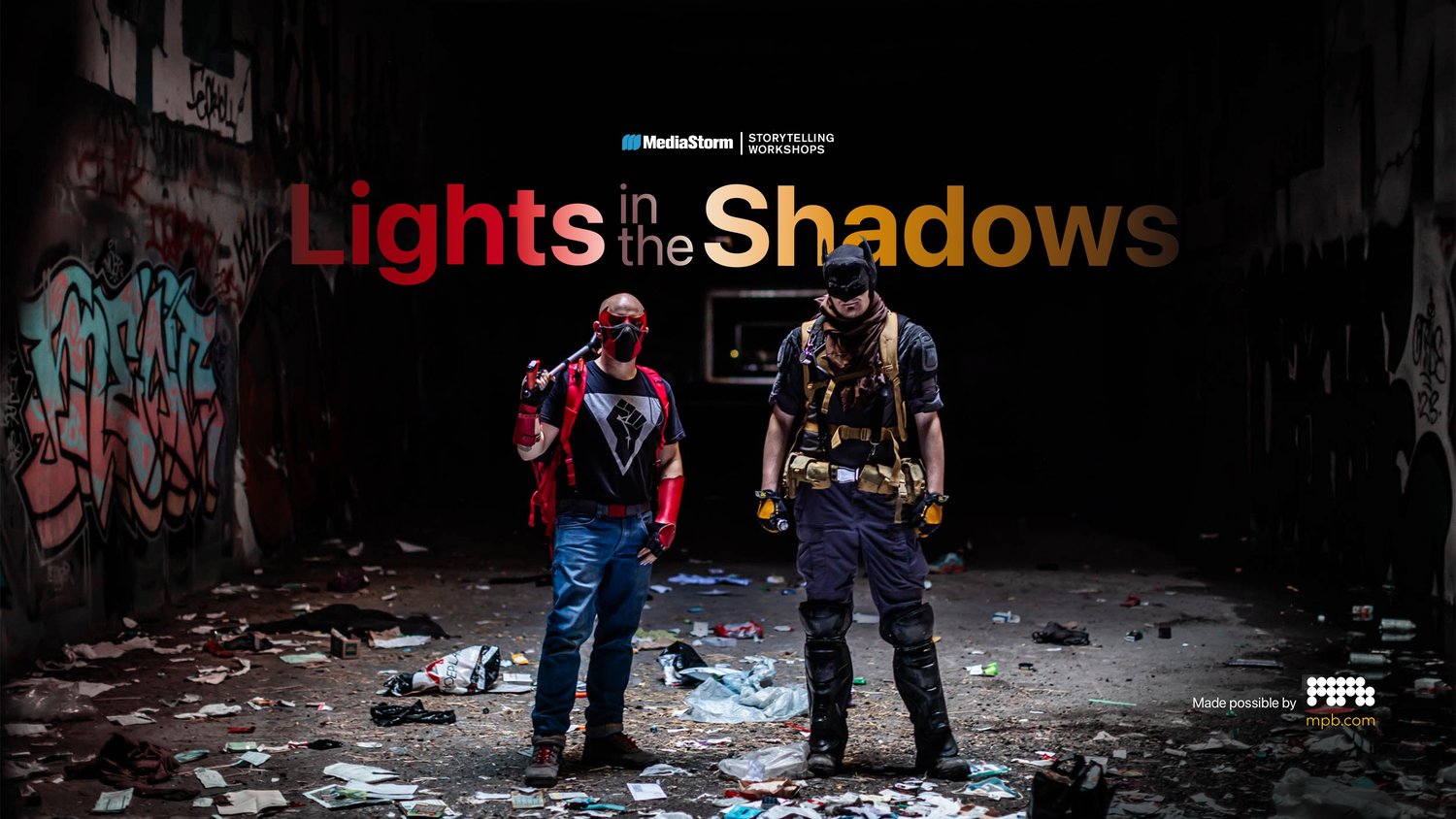
In the shadow of Silicon Valley’s booming technology industry, a growing number of people remain out in the cold. Skyrocketing housing prices in America’s hub of innovation have pushed many onto the streets, straining policymakers to find solutions to a homelessness problem that impacts everyone in the community.
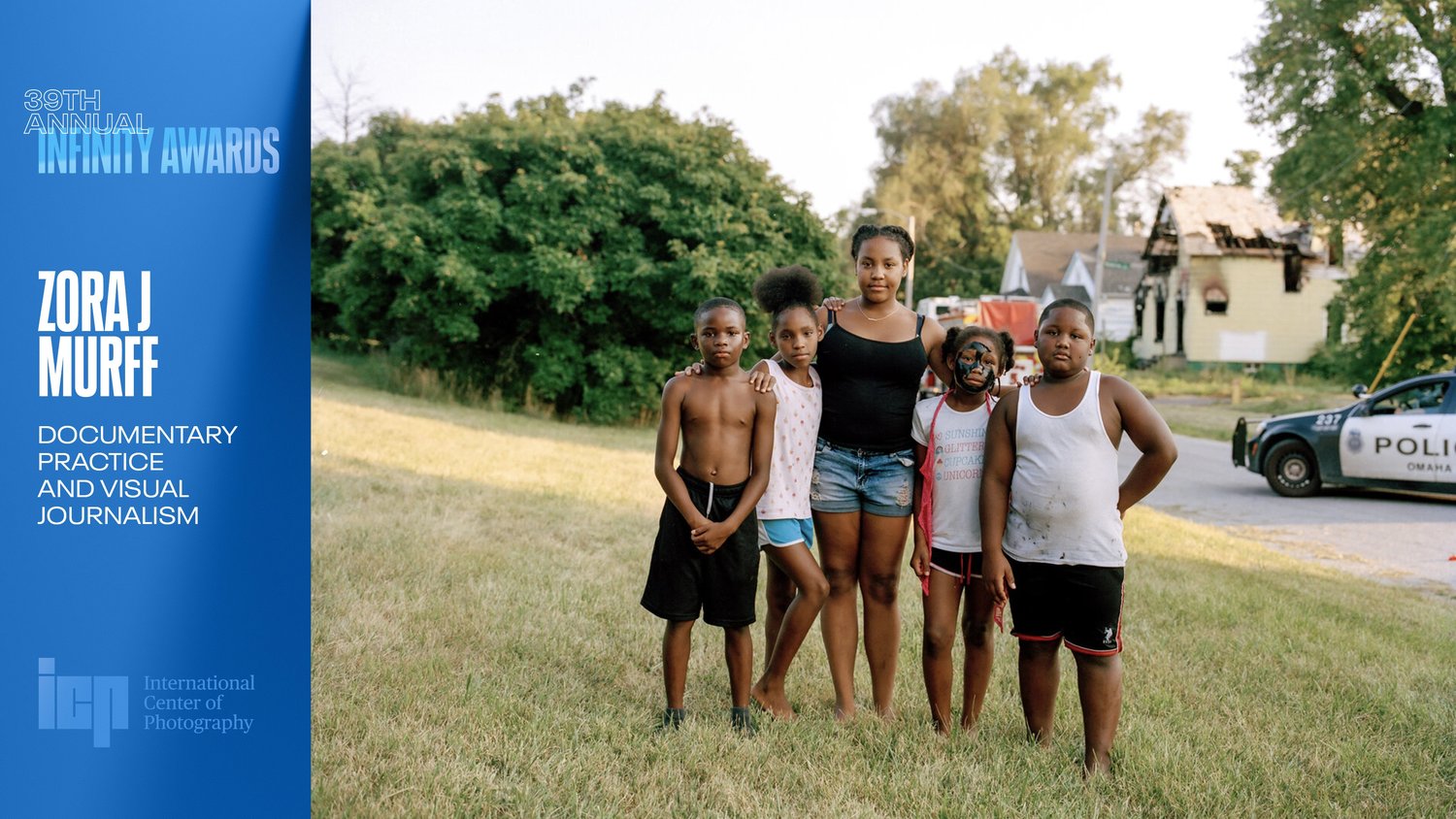
This page recognizing Zora J Murff for ICP’s 2023 Infinity Award for Documentary Practice and Visual Journalism features a film about his life, a slideshow of his projects and extra clips of his thoughts about his work and motivation.
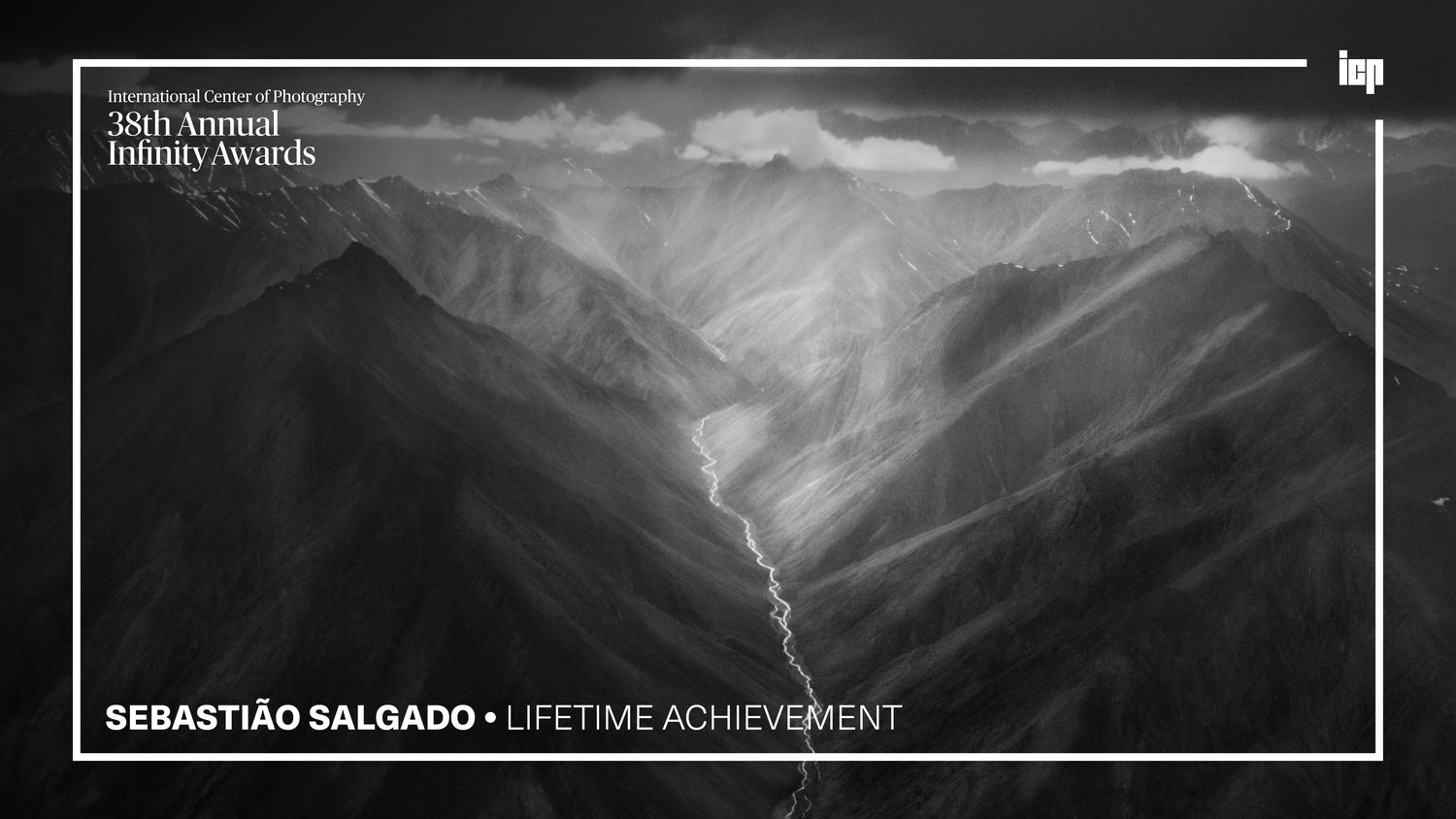
Sebastião Salgado says "a good picture, a fantastic picture, you do in a fraction of a second, but to arrive to do this picture, you must put your life in there."
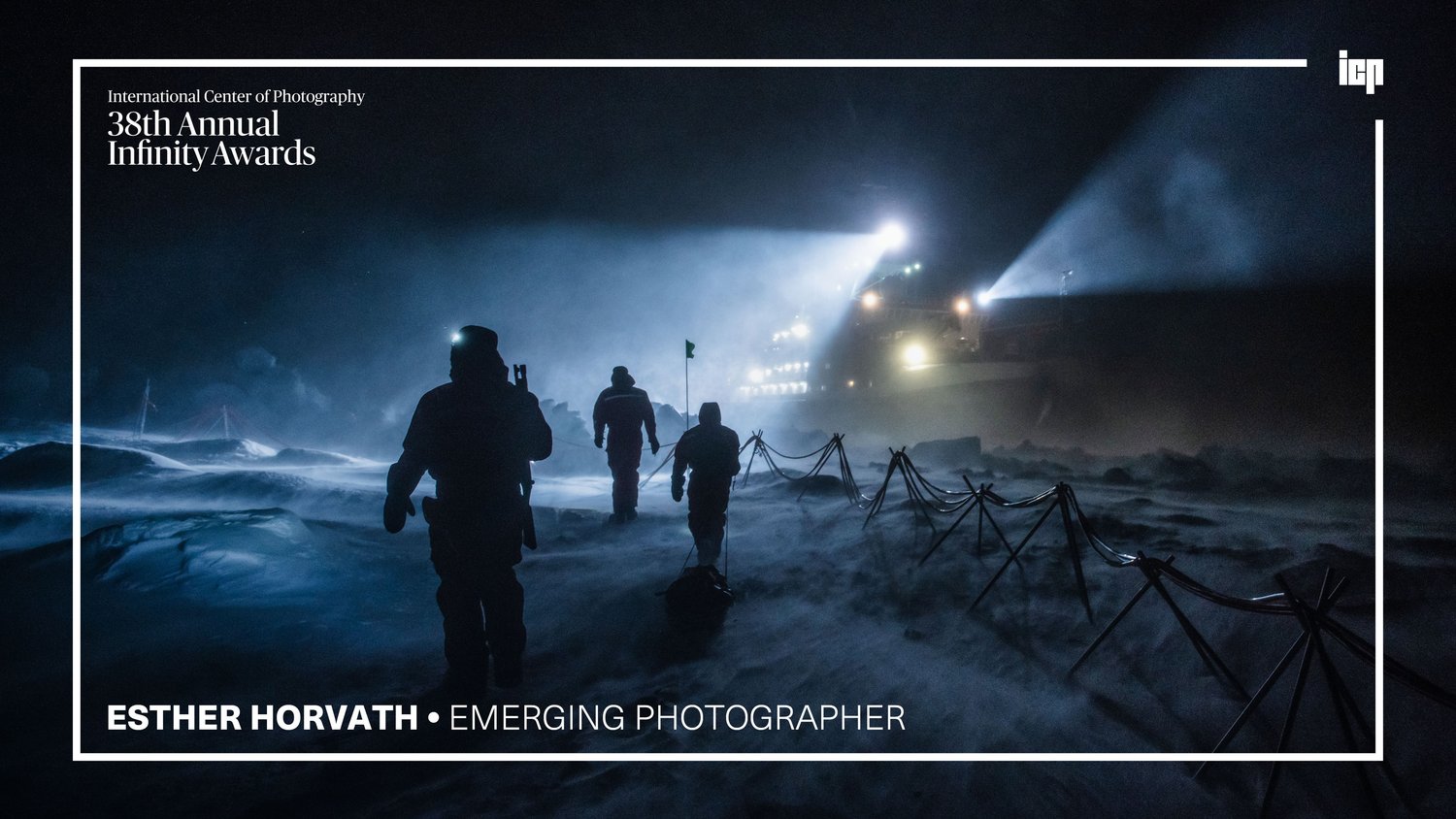
Esther Horvath has sent questions to the universe and she has received answers. She found her calling to tell visual stories that show the full research story behind our climate data.
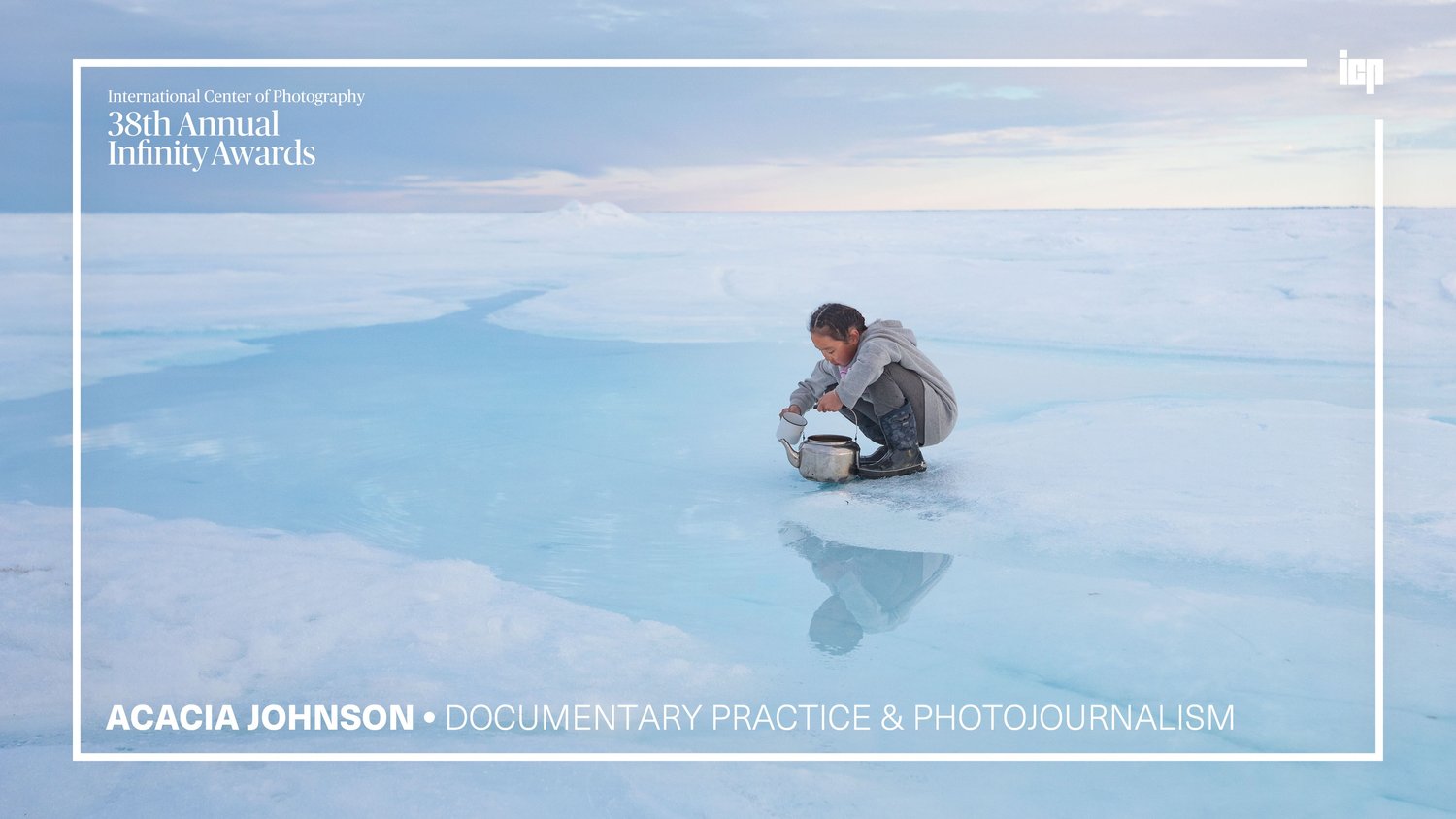
See photographer Acacia Johnson’s growth from her earliest explorations of Alaskan landscapes to a National Geographic cover for a documentary project among indigenous people of the Arctic.
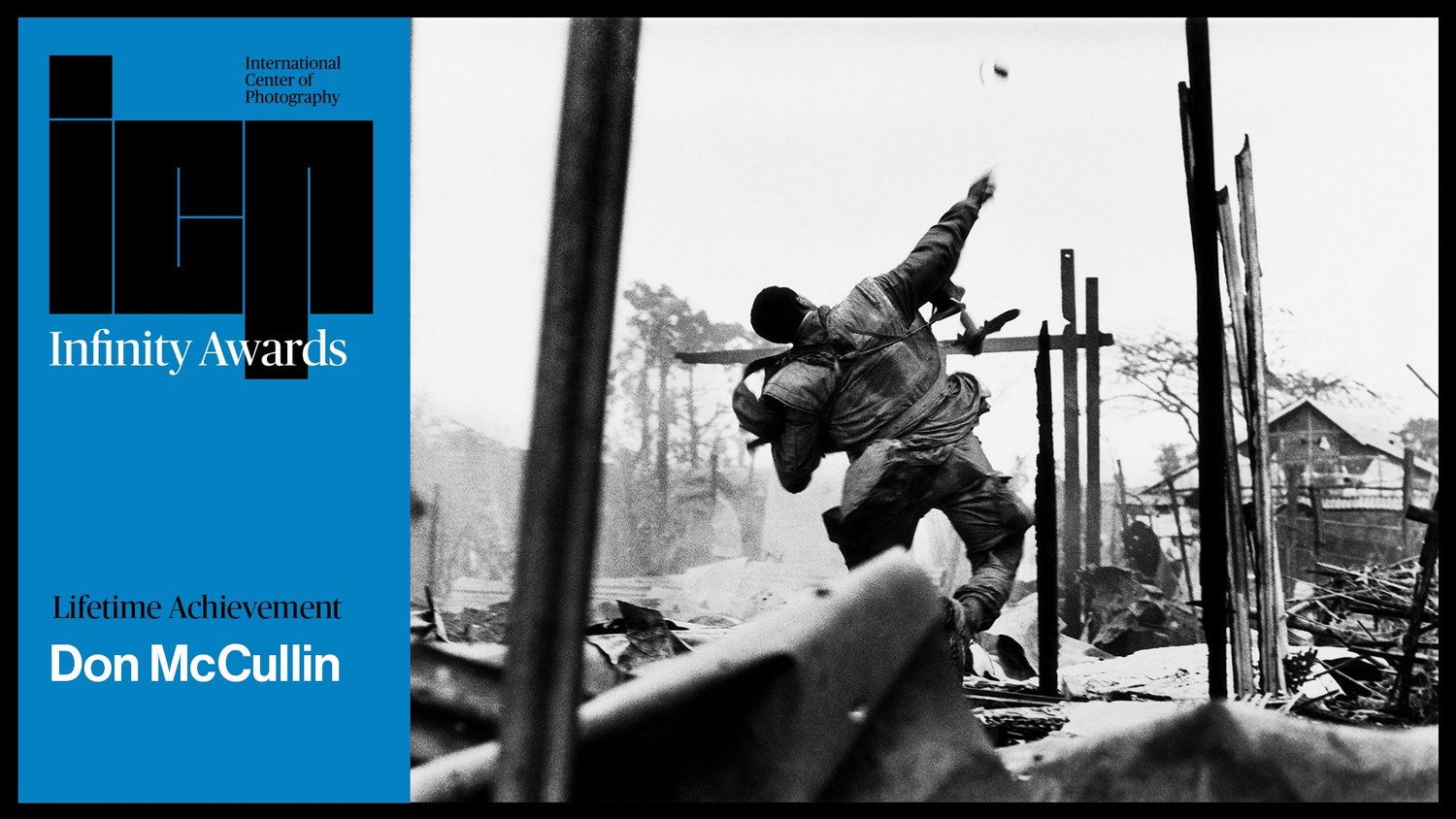
Sir Don McCullin never intended to become a photographer. He found it hard to believe he’d ever escape the poverty of North London. But a spur of the moment photograph launched McCullin into a career spanning 50 years in photography.
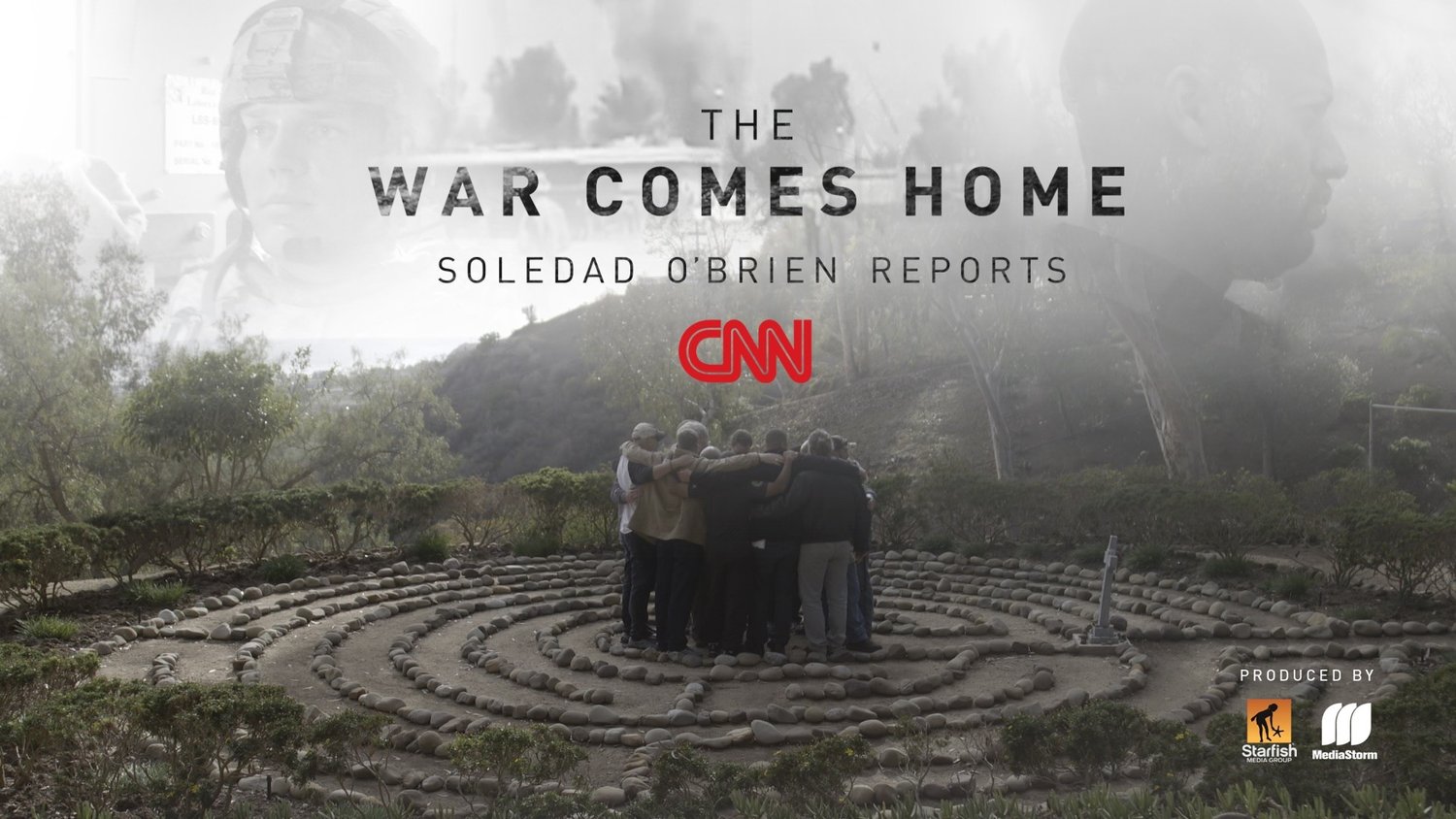
As the U.S. prepares for the final drawdown of soldiers from the conflicts in Iraq and Afghanistan, Soledad O’Brien and MediaStorm take an intimate look at two veterans as they struggle with the transition from war to home.
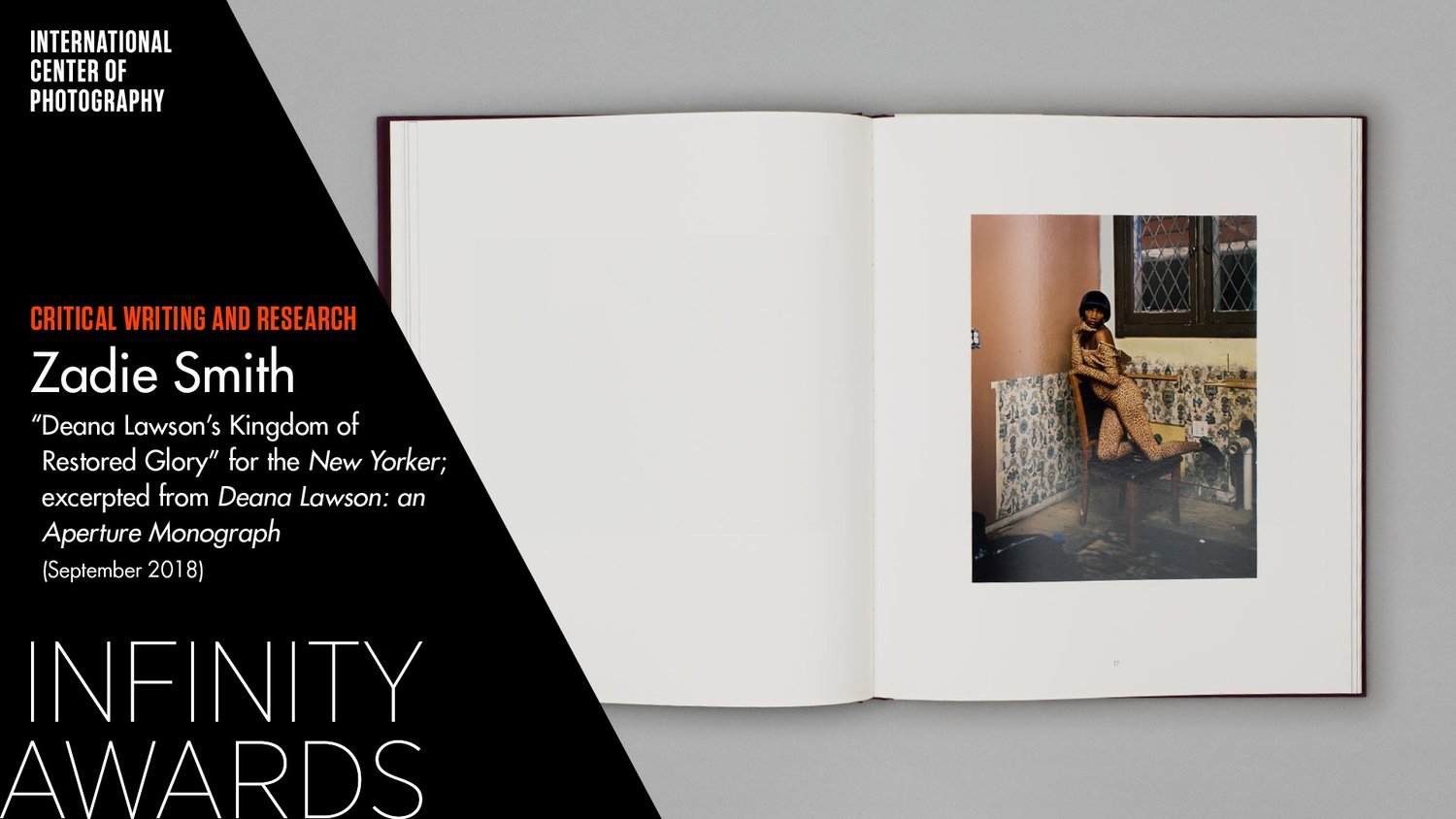
Writer Zadie Smith pays homage to photographer Deana Lawson in the artist’s first Monograph for Aperture.
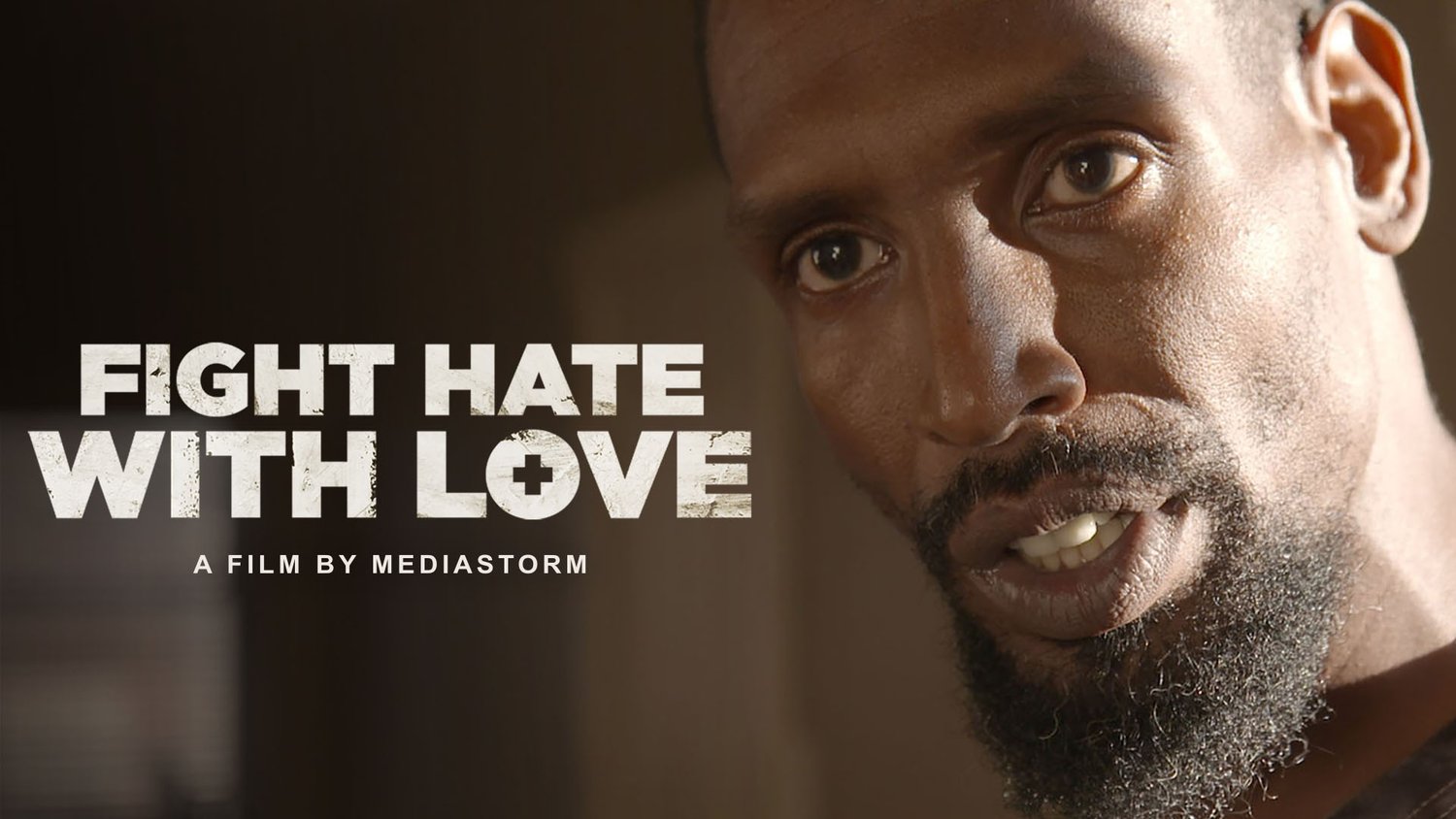
As a formerly incarcerated person, Michael struggled for work, and found purpose in being a husband, father, and activist. But 7 years since his release from prison, the cost of Michael’s activism is evident.

Benny is a “certified” garbologist. He collects what others throw away. Benny is also at war with his family. Here is a man sharing a house with his wife but living as a stranger. This is a household on the edge.
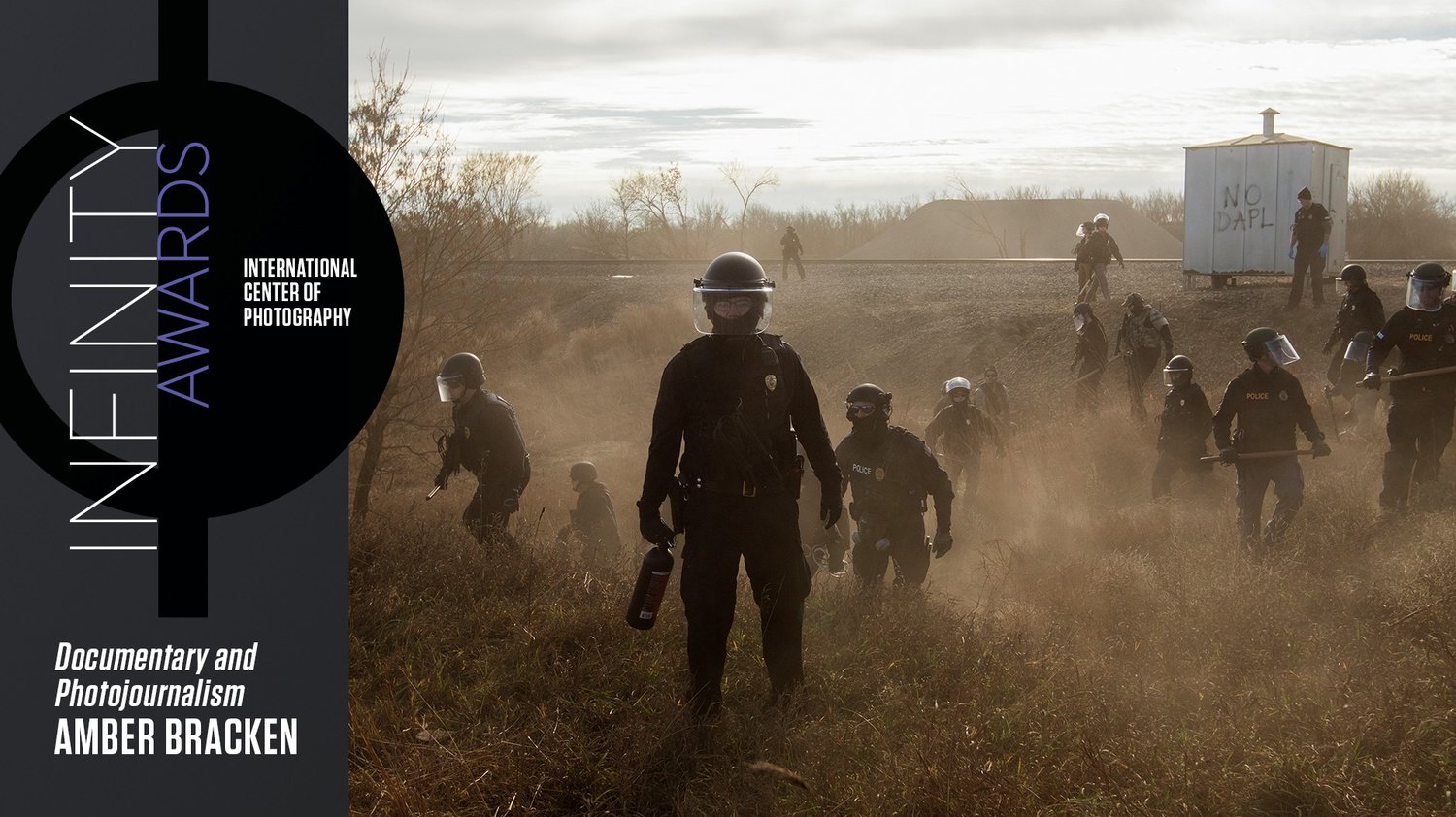
Photographer Amber Bracken recognized something deeper than a protest was afoot when hundreds of tribes gathered at the Standing Rock reservation in opposition to the Dakota Access Pipeline.
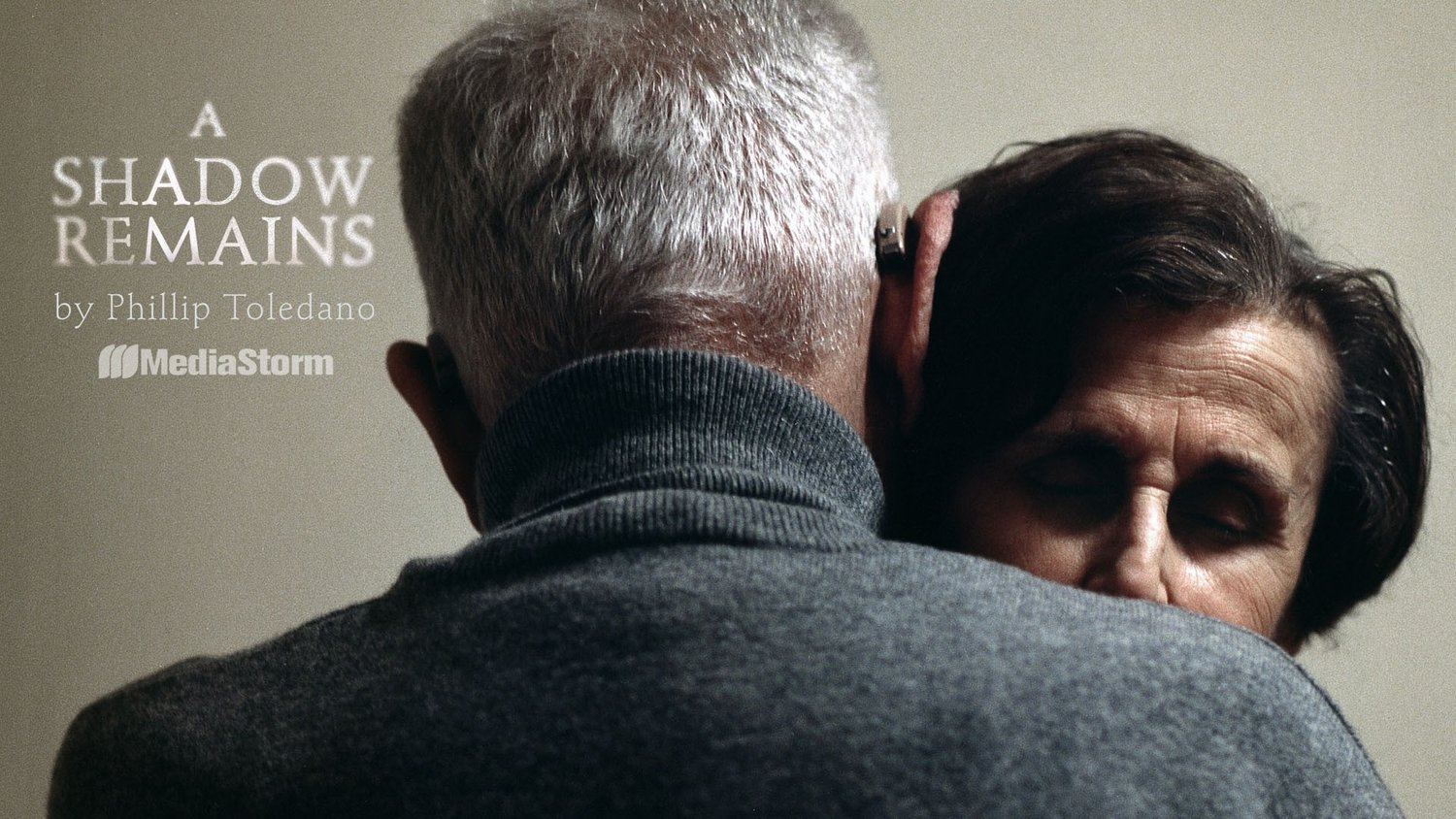
How does the death of a child change a parent? How does the death of a parent change a child? How do these moments change us as we develop and grow further away from who we were as children?
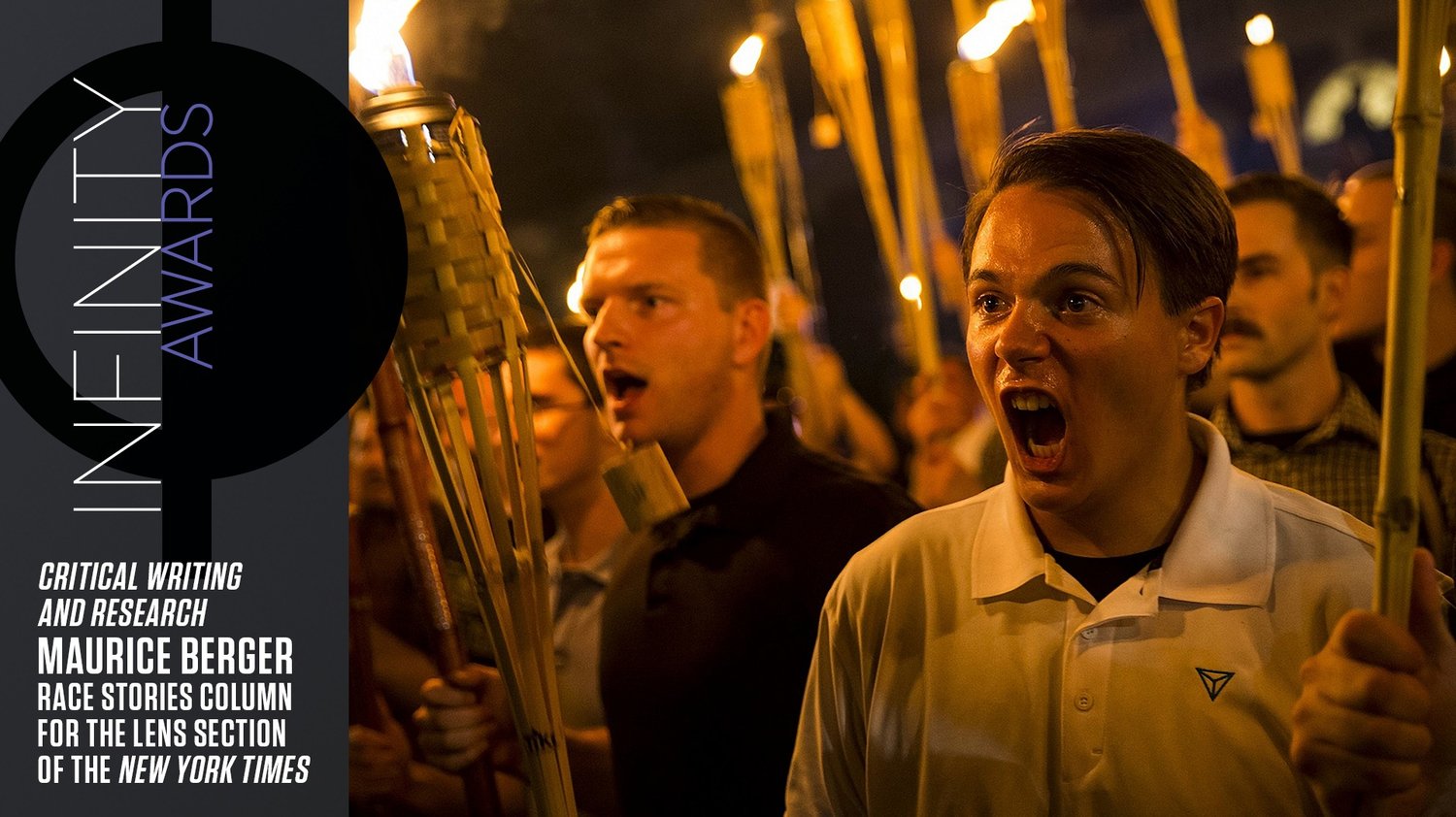
Maurice Berger–cultural historian, and columnist for the New York Times’ Race Stories–has spent his career studying and teaching racial literacy through visual literacy.
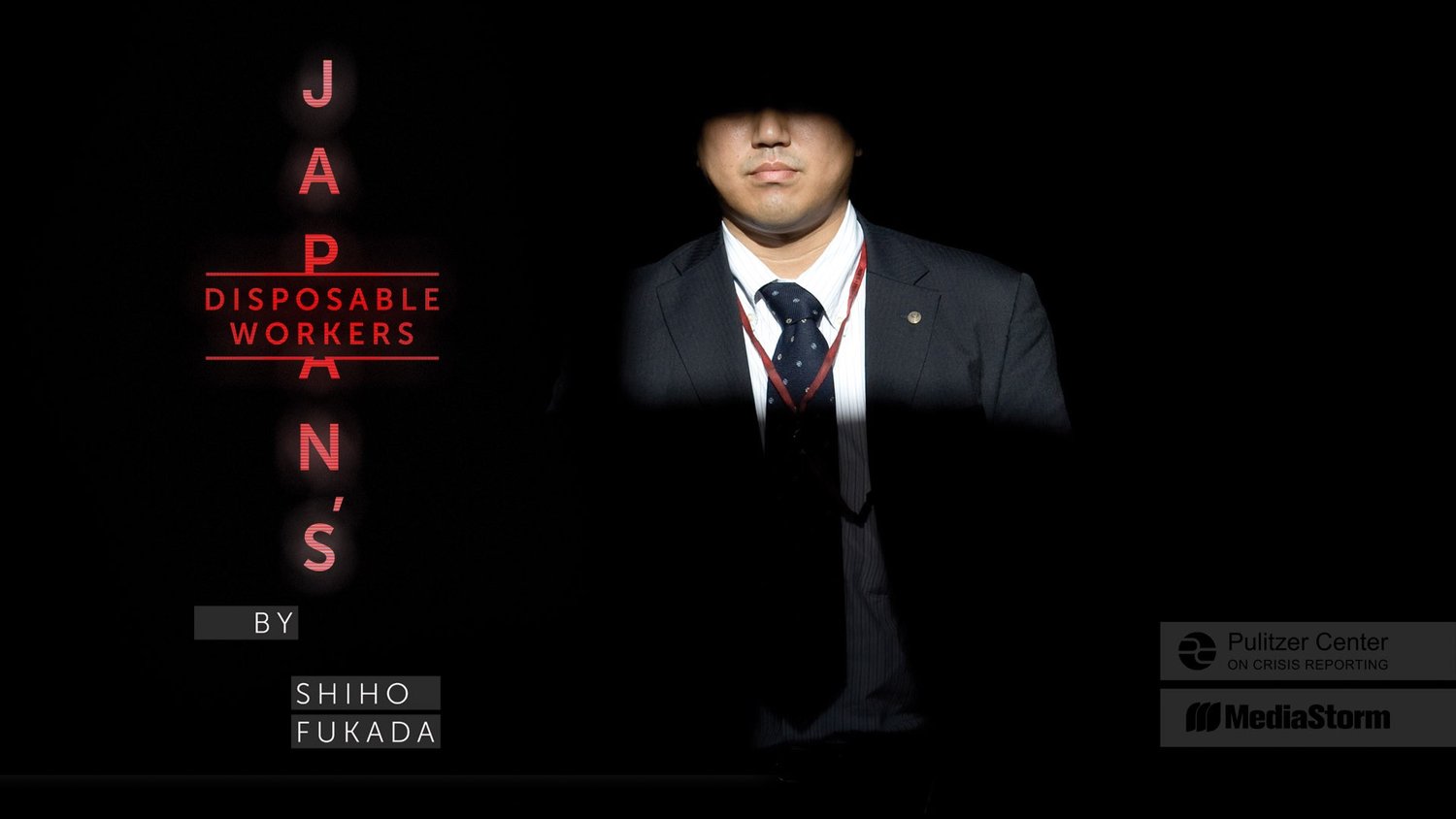
Japan’s Disposable Workers examines the country’s employment crisis: from suicide caused by overworking, to temporary workers forced by economics to live in internet cafes, and the elderly who wander a town in search of shelter and food.
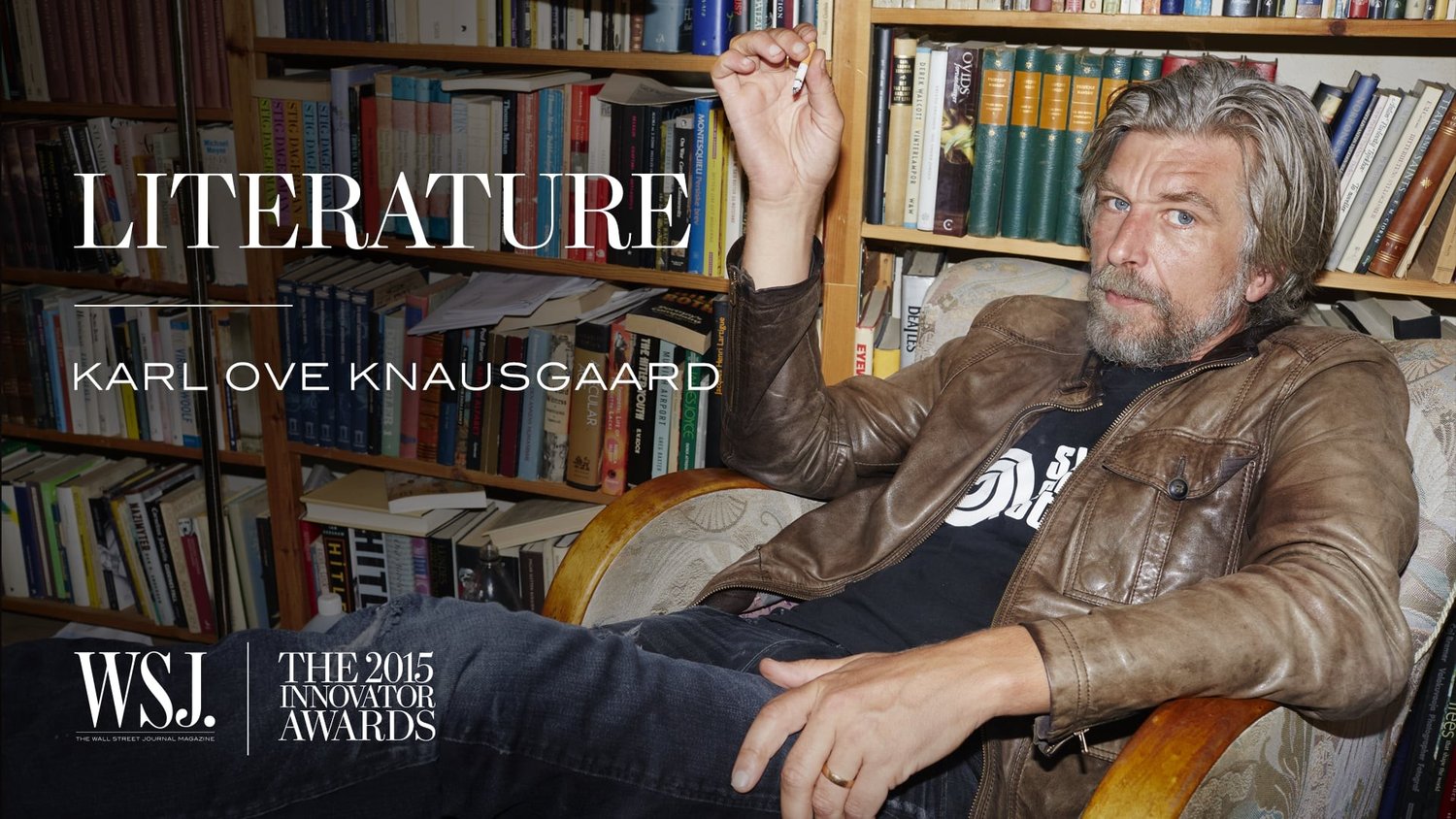
Karl Ove Knausgaard is the celebrated author of a massive six-volume autobiography. But Knausgaard remains confused by the attention. This is a portrait of a man who has achieved massive success yet still considers himself unworthy.
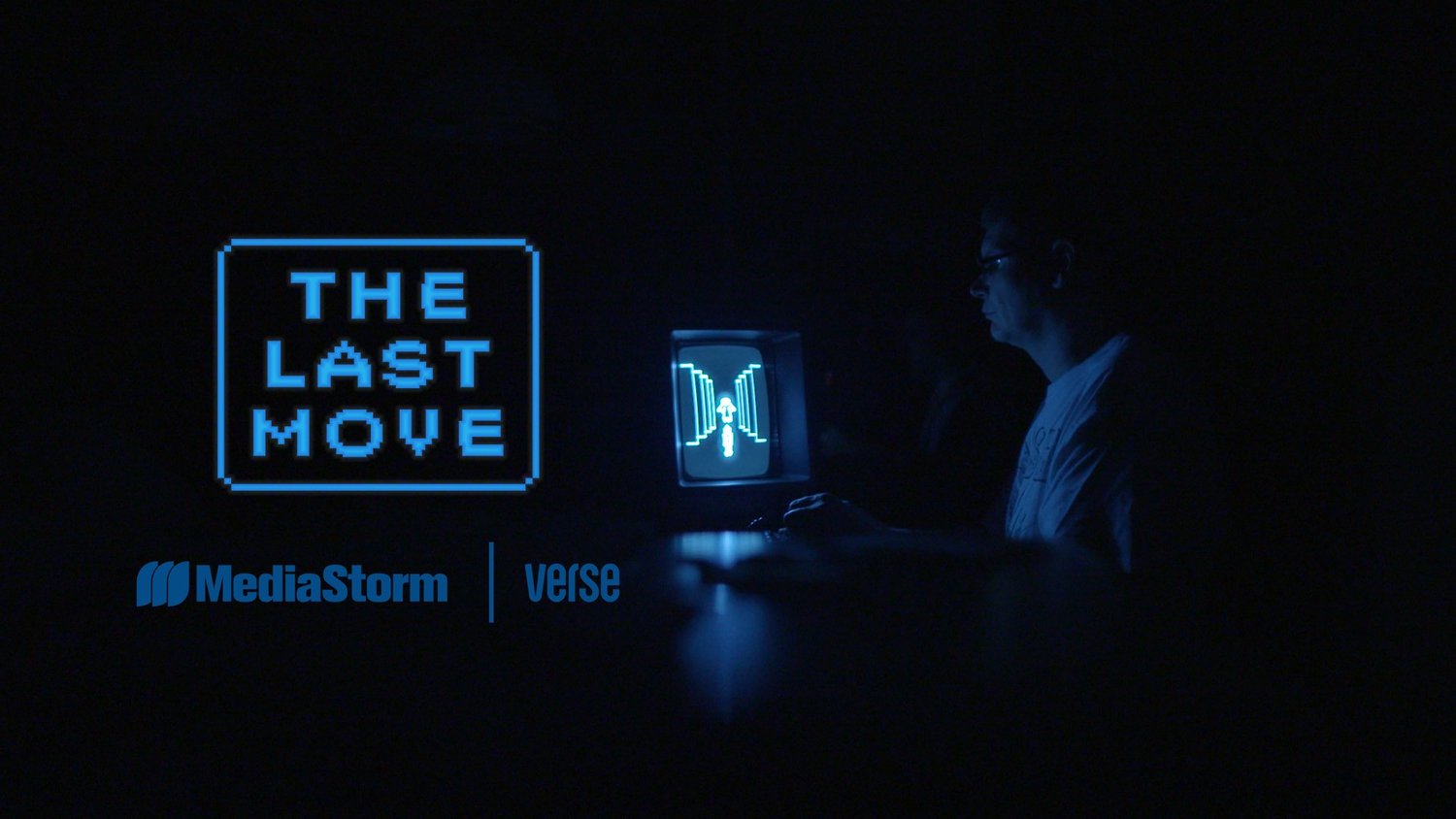
Michael Thomasson has devoted his life to video games. It’s been his passion and his obsession for more than three decades. He owns over 11,000 unique game titles for more than 100 different systems.
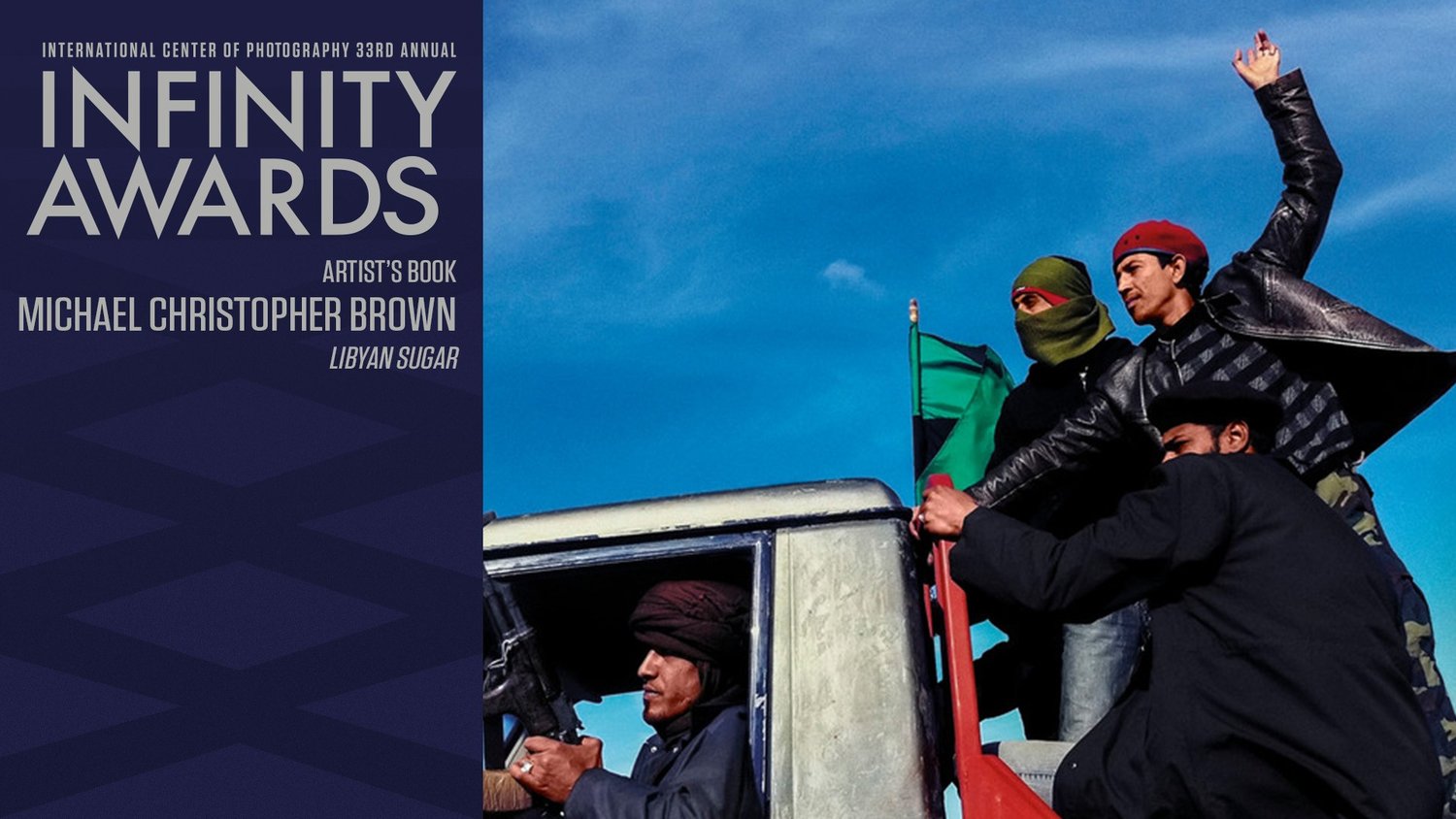
A film about Michael Christopher Brown for the 2017 ICP Infinity Awards.
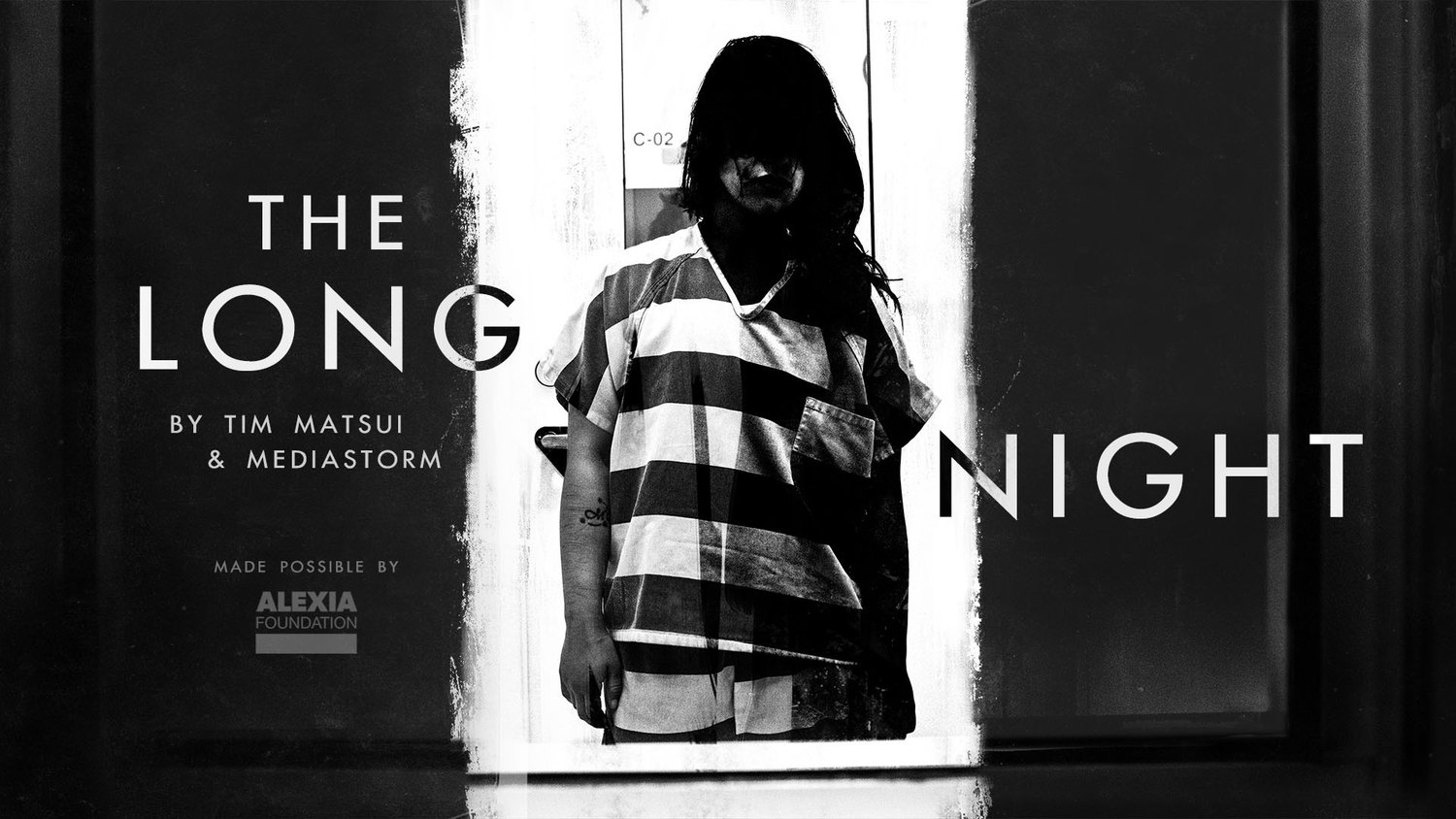
The Long Night, a feature film by Tim Matsui and MediaStorm, gives voice and meaning to the crisis of minors who are forced and coerced into the American sex trade.
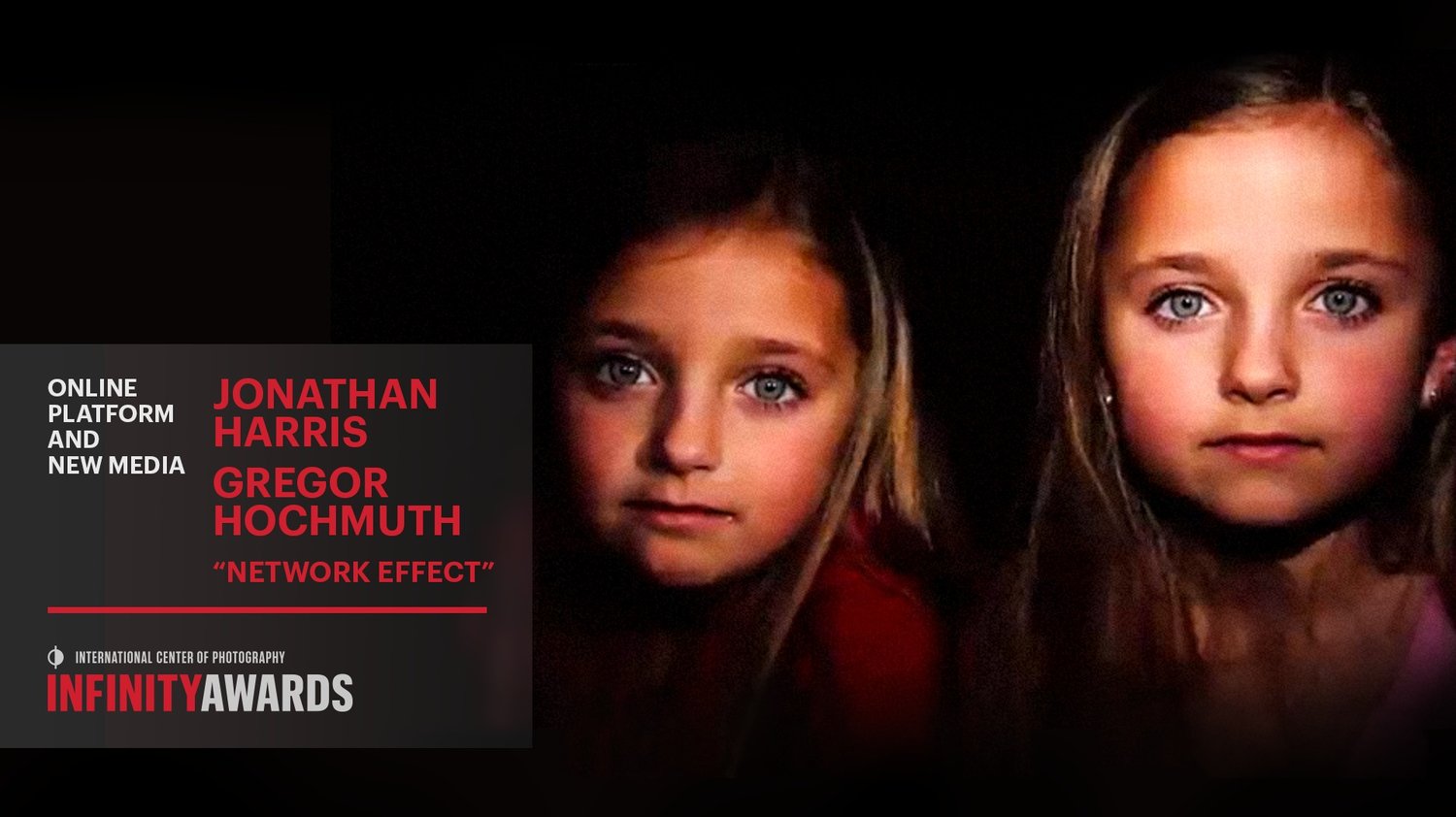
Jonathan Harris and Greg Hochmuth have a complicated relationship with the internet and have worked together to develop an artwork that explored some of the more difficult consequences of what it means to live with the internet.
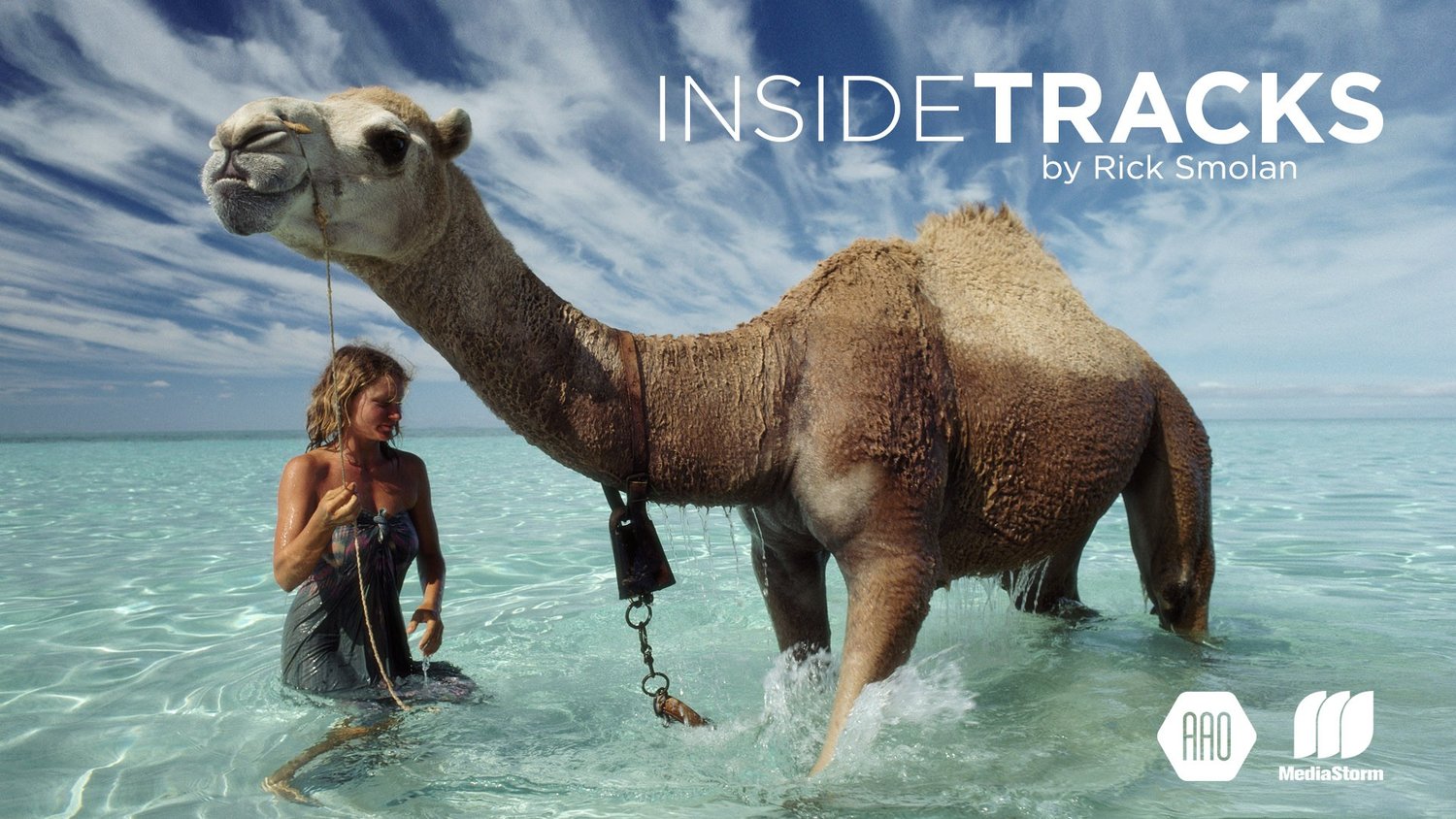
In 1977, Robyn Davidson walked 1,700 miles across the Australian outback. National Geographic sent Rick Smolan to photograph her perilous journey—a trek that tested and transformed them, forming an immutable bond that continues to this day.
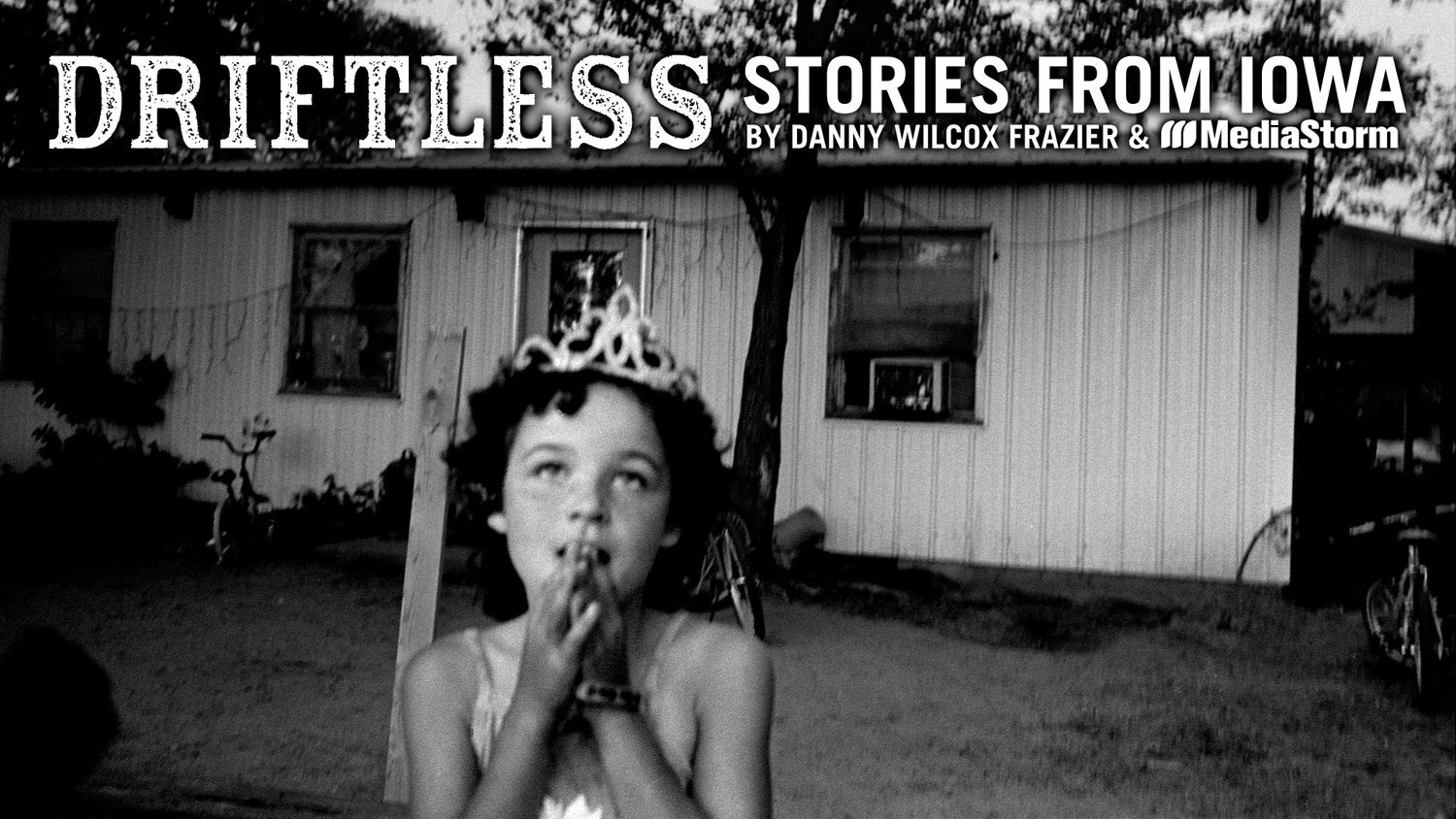
Once at the center of the U.S. economy, the family farm now drifts at its edges. In Iowa, old-time farmers try to hang on to their way of life, while their young push out to find their futures elsewhere. Driftless tells their stories.
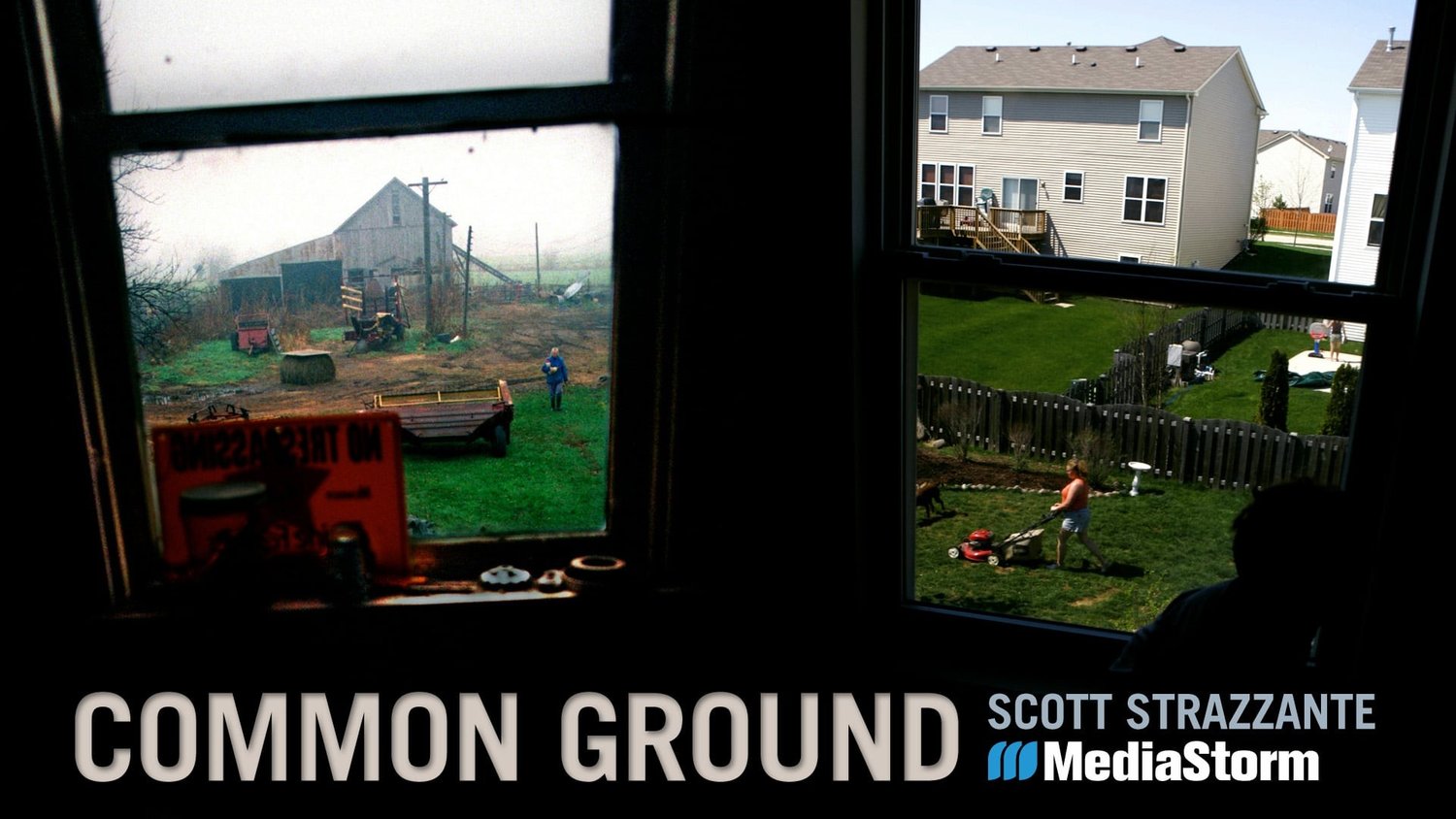
The American family farm gives way to a subdivision - a critical cultural shift across the U.S. Common Ground is a 27-year document of this transition, through the Cagwins and the Grabenhofers, two families who love the same plot of land.

For Walter Backerman, seltzer is more than a drink. It’s the embodiment of his family. As a third generation seltzer man, he follows the same route as his grandfather. But after 90 years of business, Walter may be the last seltzer man.
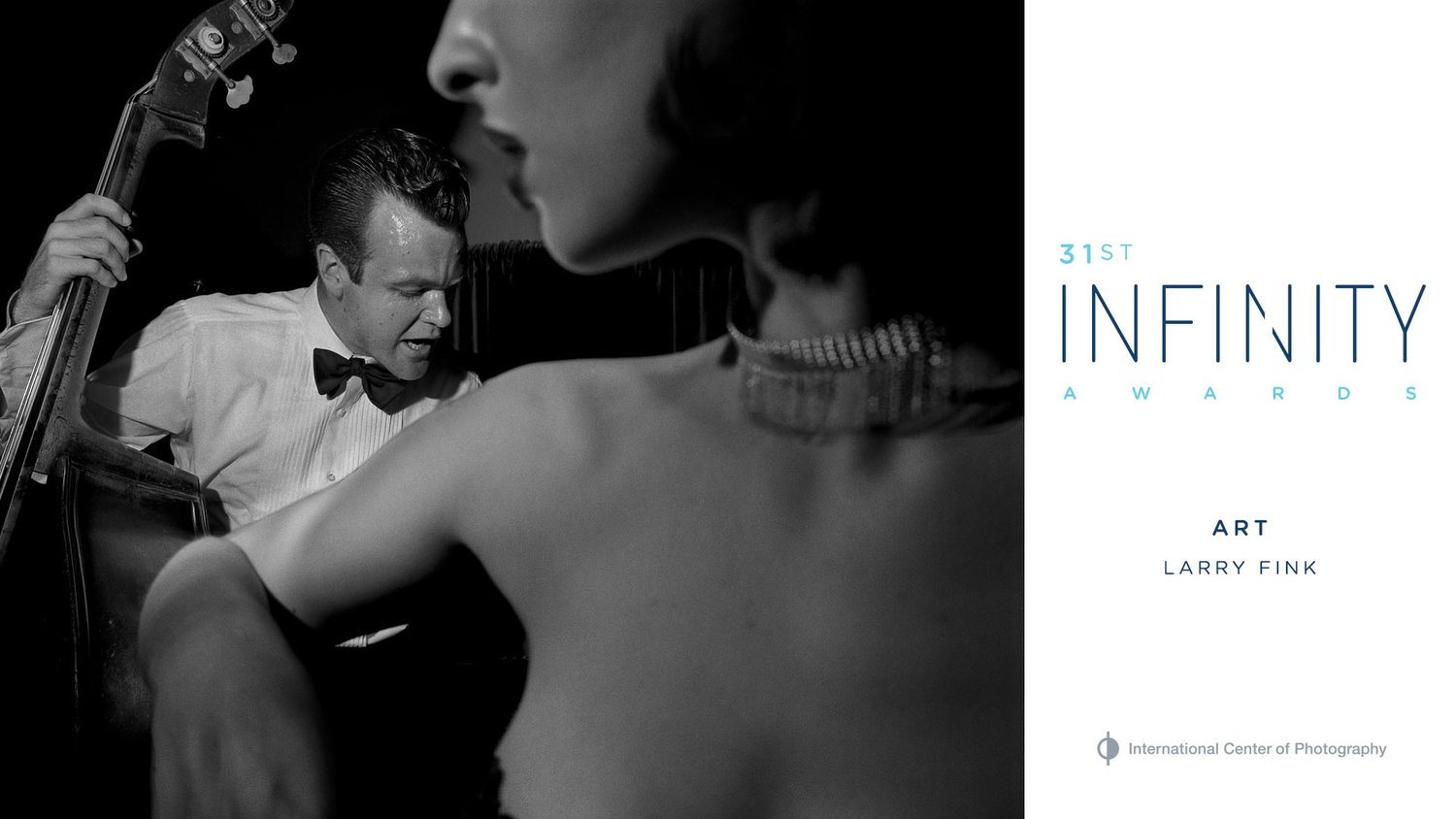
Larry Fink has spent over 40 years photographing jazz musicians, wealthy manhattanites, his neighbors, fashion models, and the celebrity elite. His archive is a thoughtful collection of American history, and Fink’s experience of it.

LaToya Ruby Frazier’s body of work “The Notion of Family” examines the impact of the steel industry and the health care system on the community and her family. Collaborating with her mother and grandmother, she uses her family as a lens to view the past, present and future of the town.
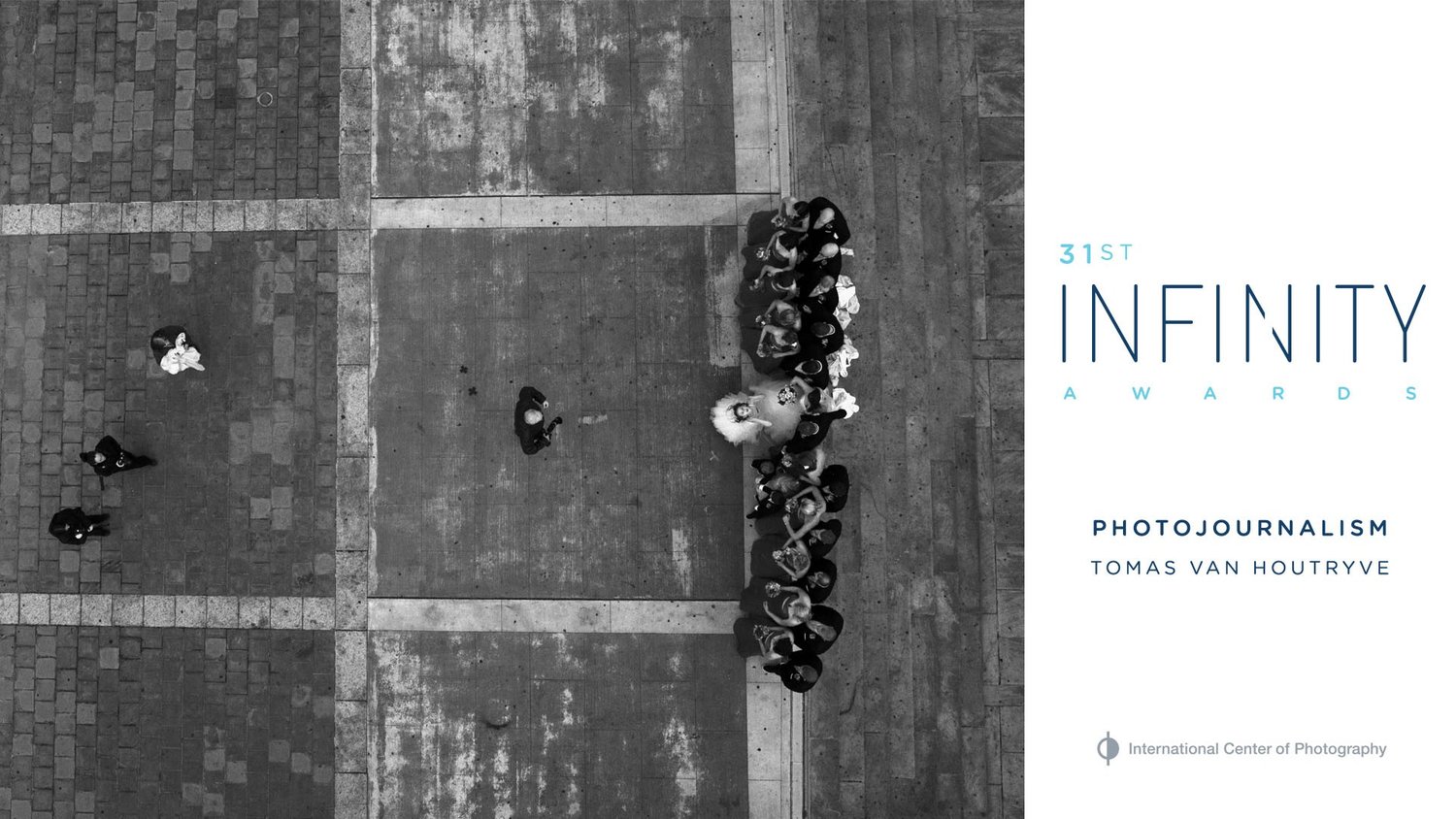
Tomas Van Houtryve wants there to be a permanent visual record of the dawn of the drone age, the period in American history when America started outsourcing their military to flying robots. In order to create this record, Van Houtryve sent his own drone into American skies.
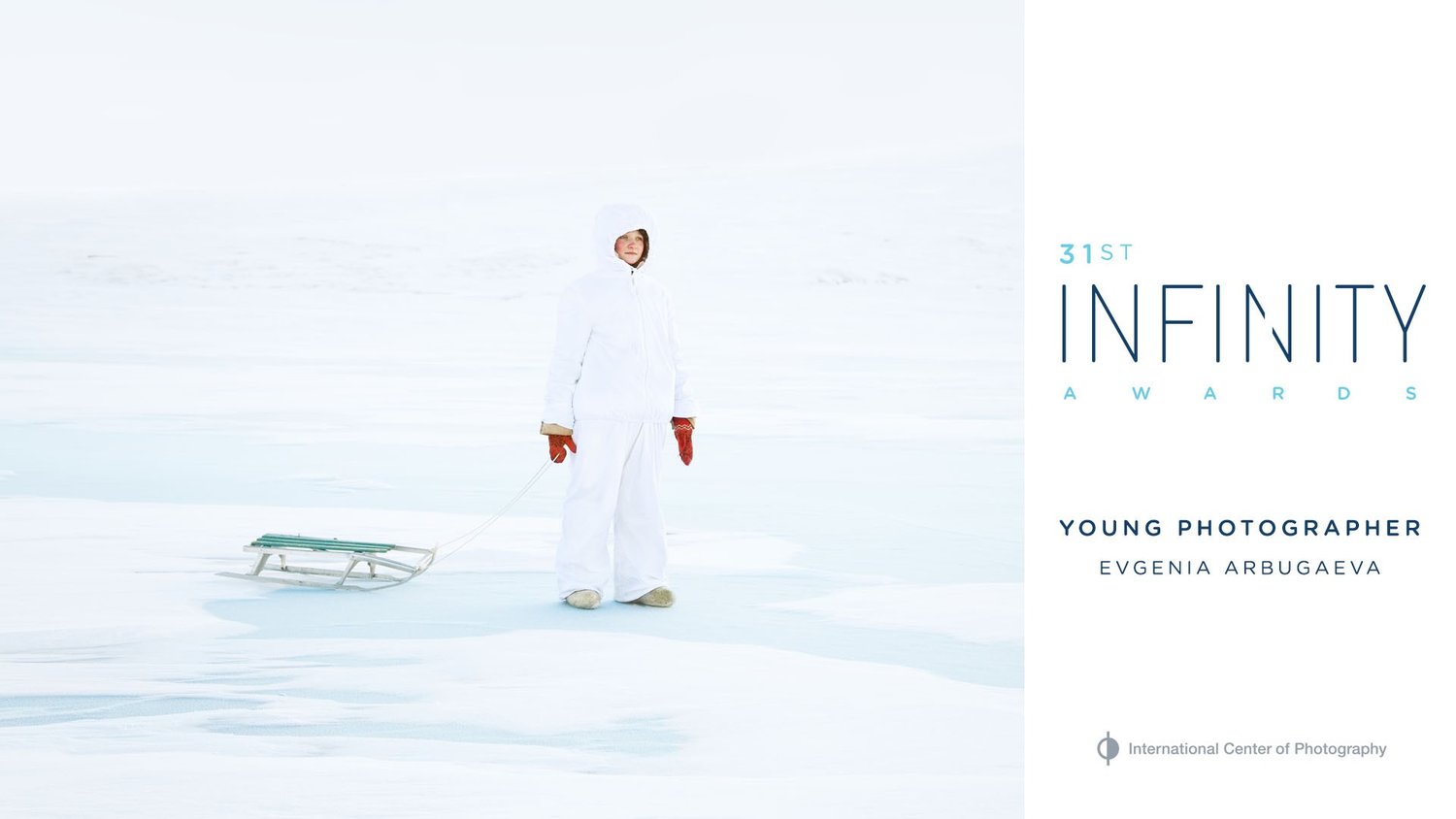
Evgenia Arbugaeva was born in the magical town of Tiksi, Russia. This barren, arctic landscape influenced Arbugaeva in almost every aspect of her dreamlike photography.
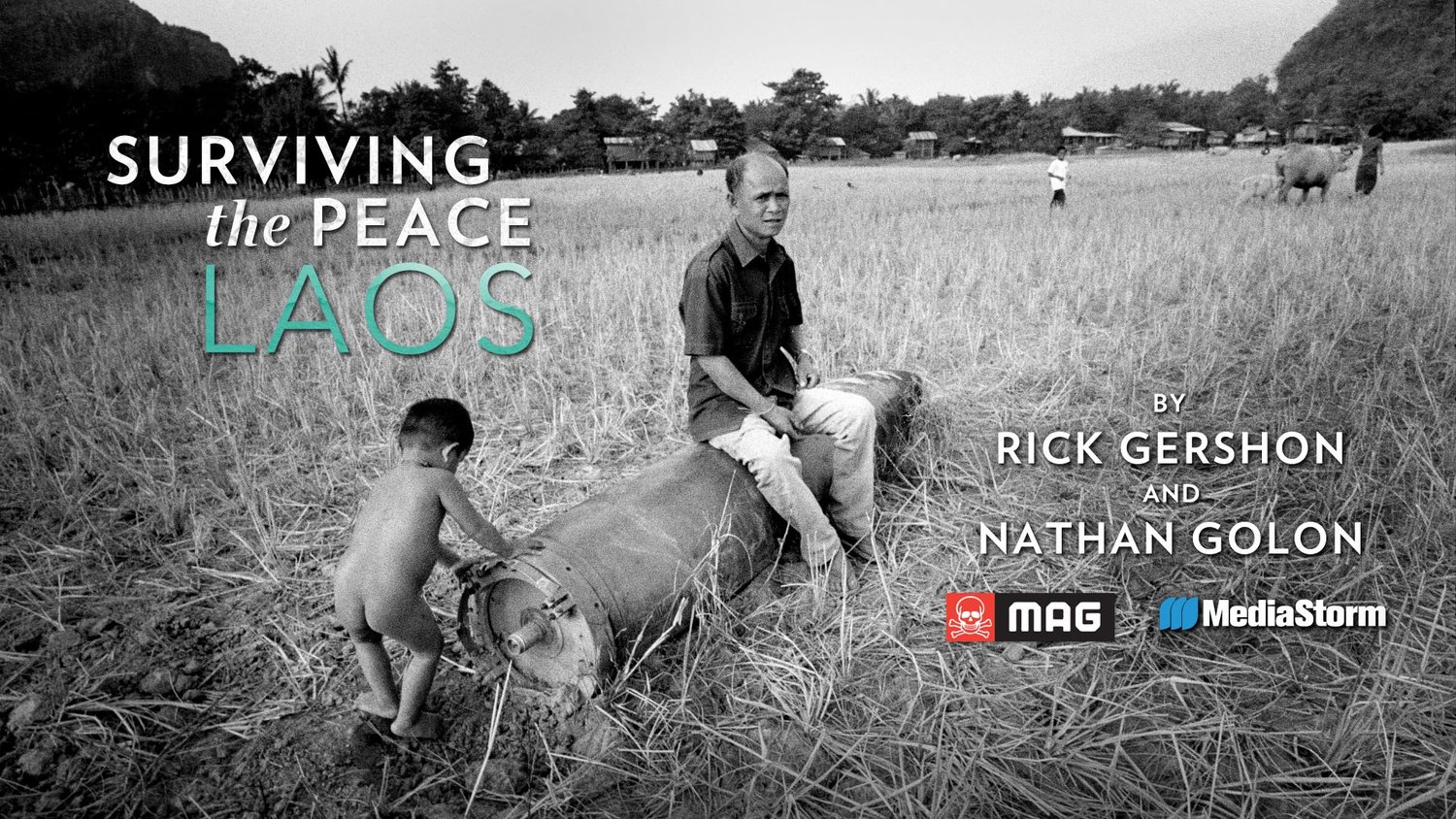
Surviving the Peace: Laos takes an intimate look at the impact of unexploded bombs left over from the Vietnam war in Laos and profiles the dangerous, yet life saving work, that MAG has undertaken in the country.

A family is determined to give their disabled son a whole and vital life. In the midst of a great burden, one small child – with a seemingly endless supply of love – is the blessing that holds a family together.
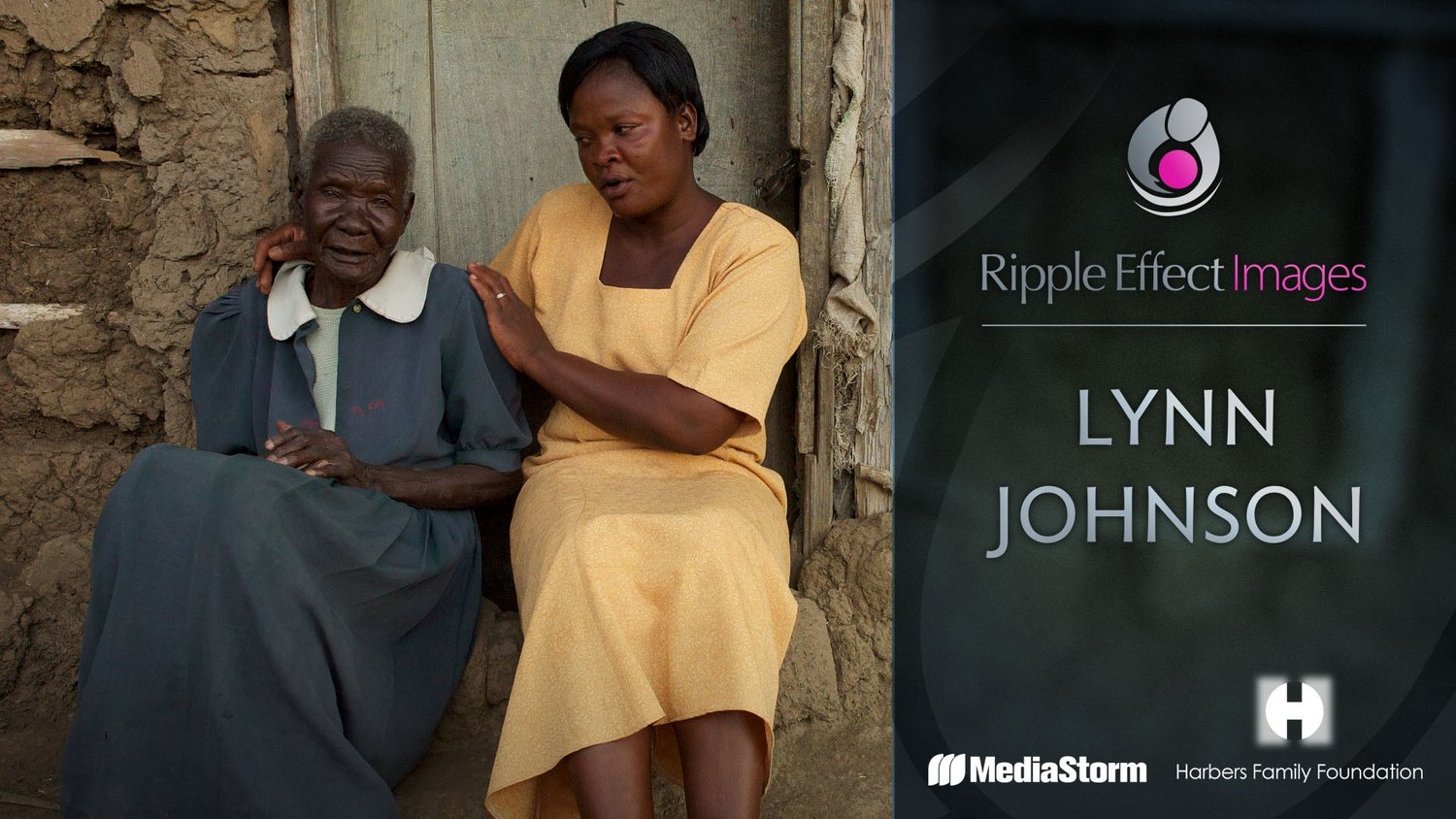
Inspired by the photographs of the Farm Security Administration growing up, Lynn Johnson has spent nearly 35 years as a photojournalist working for LIFE, National Geographic, Sports Illustrated and various foundations.
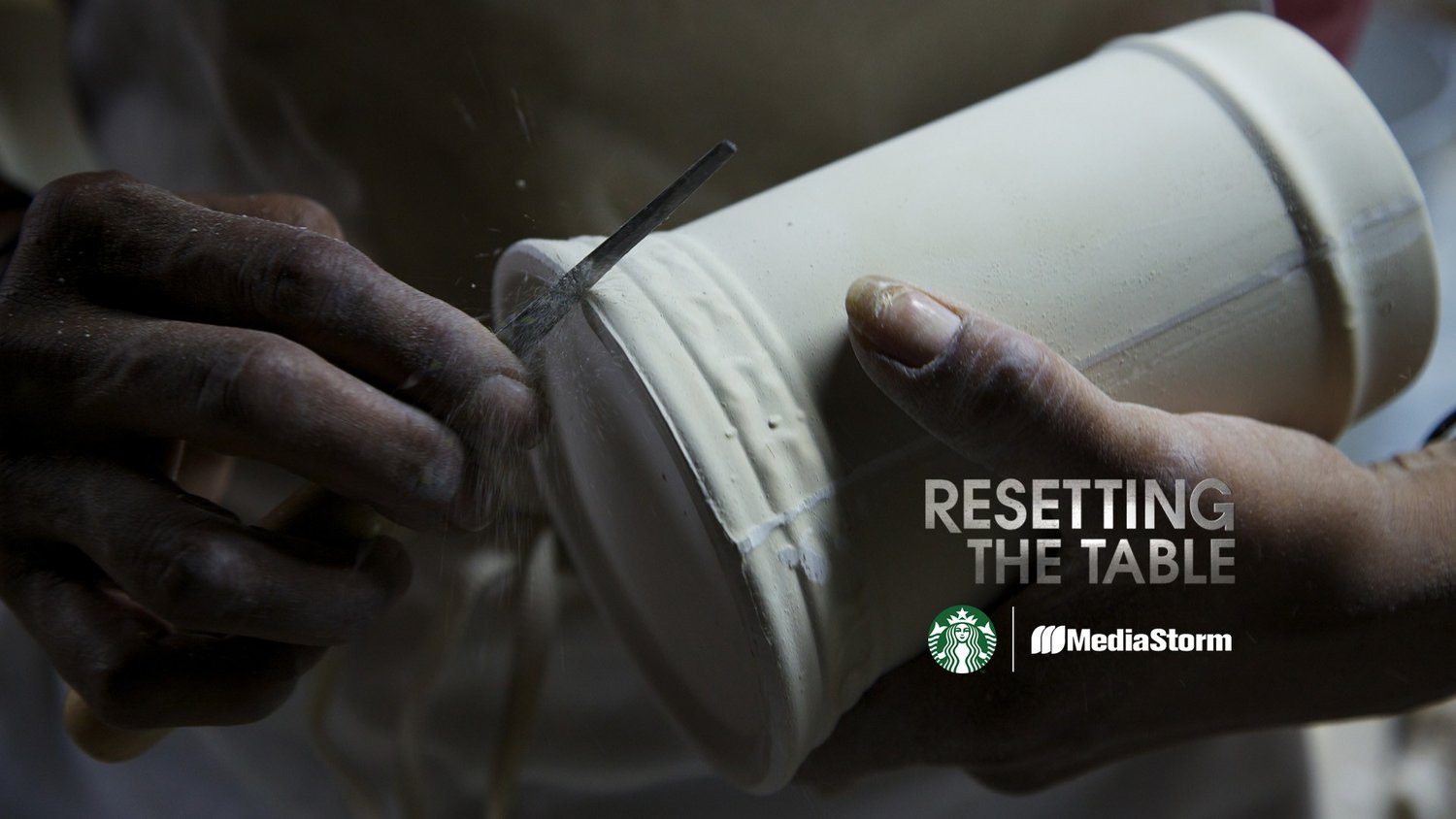
Resetting the Table takes a unique, personal look at the impact Starbucks’ Create Jobs for USA program has had on the American Mug & Stein pottery facility in East Liverpool, Ohio.
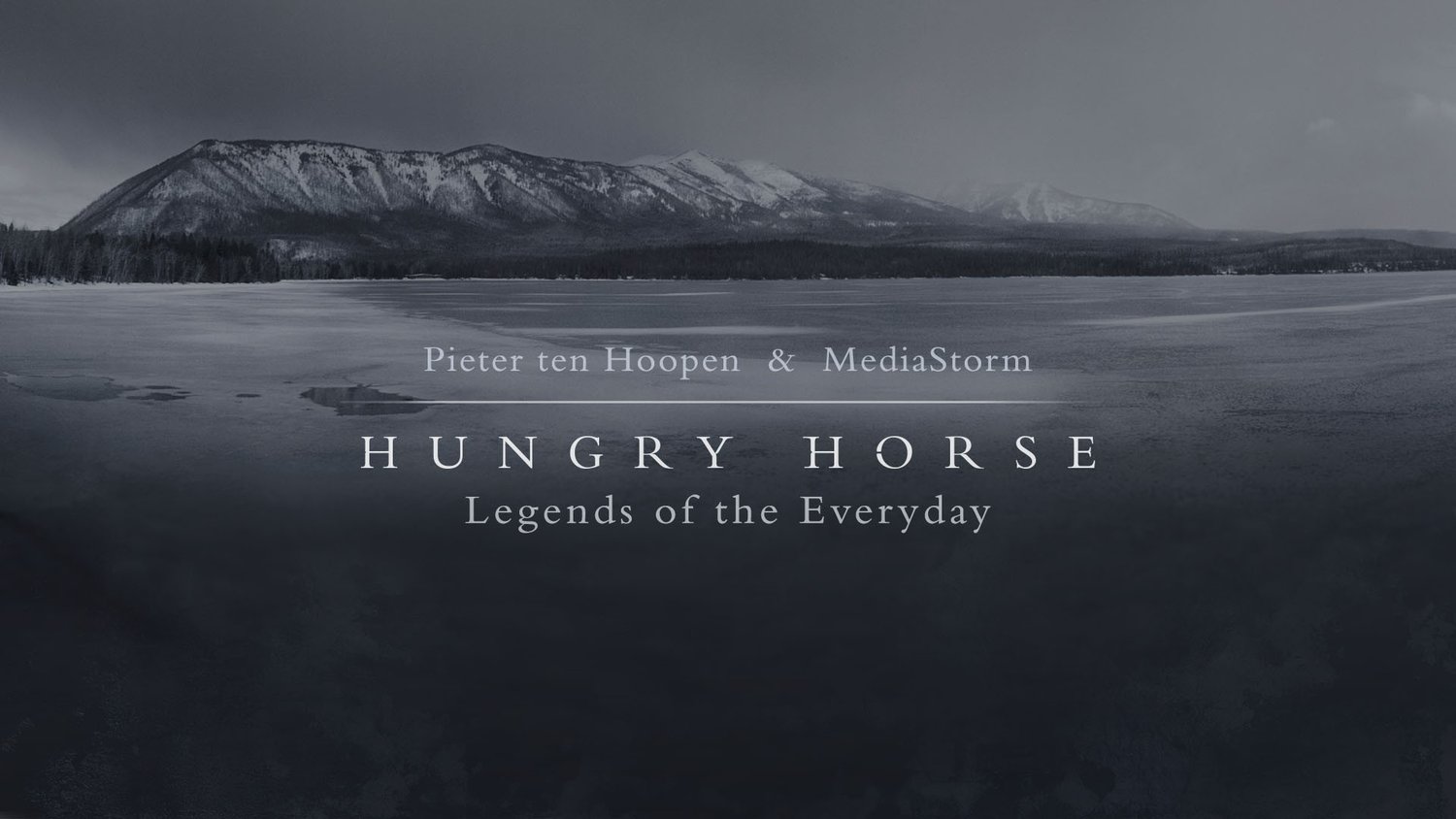
Hungry Horse captures the spirit of renewal, peace and serenity through stunning landscapes and intimate oral histories.

Using humor and a love of fantasy, "The Amazing Amy" Harlib connects with audiences through performing strenuous yoga-based contortion acts in New York City.

In many countries, girls as young as eight are forced into marriage by their families, culture and economic situation. This practice destroys their chance at education leading to tragic results.
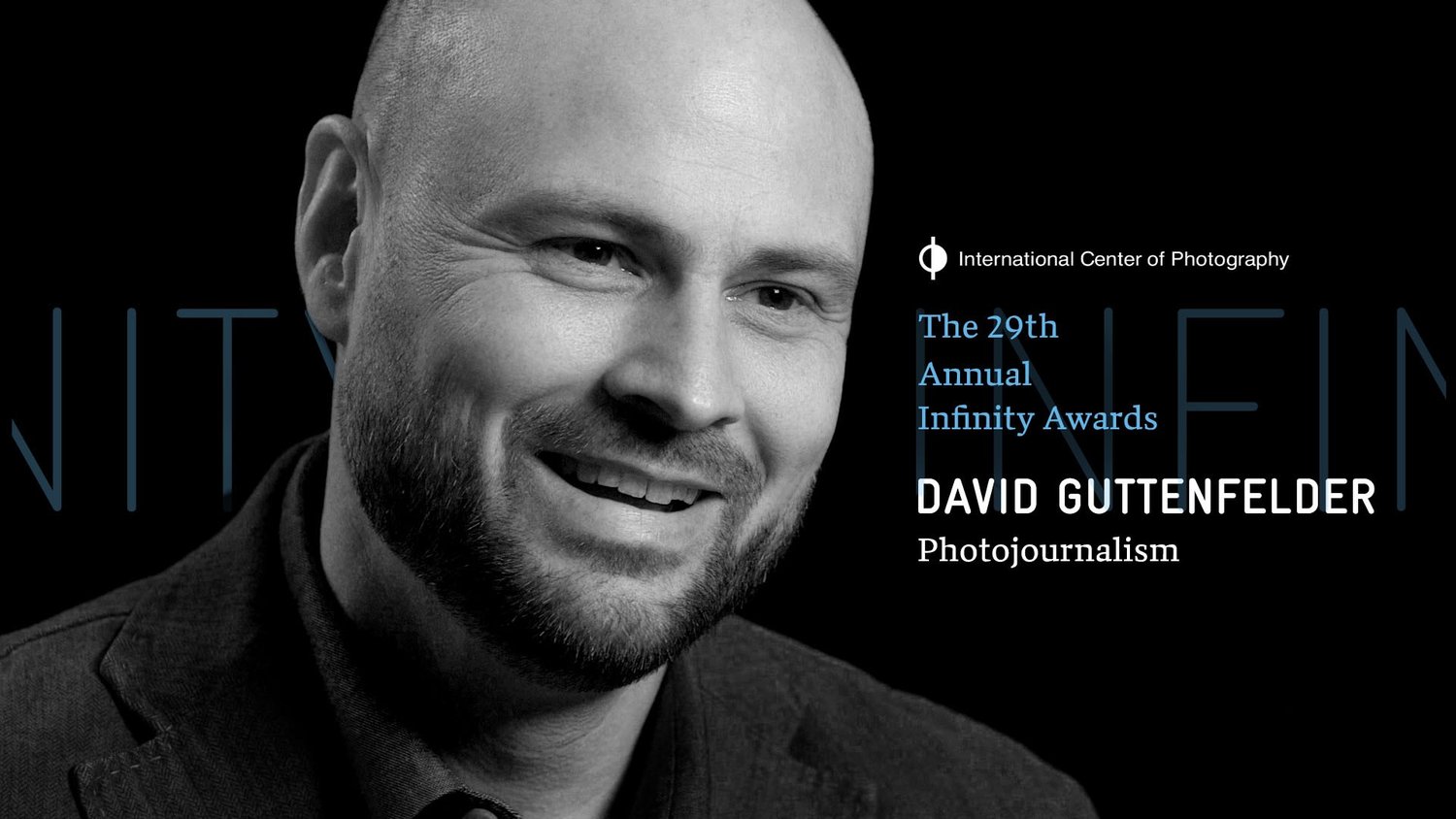
Surreal and mysterious, North Korea was a black hole to outsiders wanting a glimpse of the country. That all changed in 2012, when AP photographer David Guttenfelder led the opening of the bureau's newest office inside the North Korea.
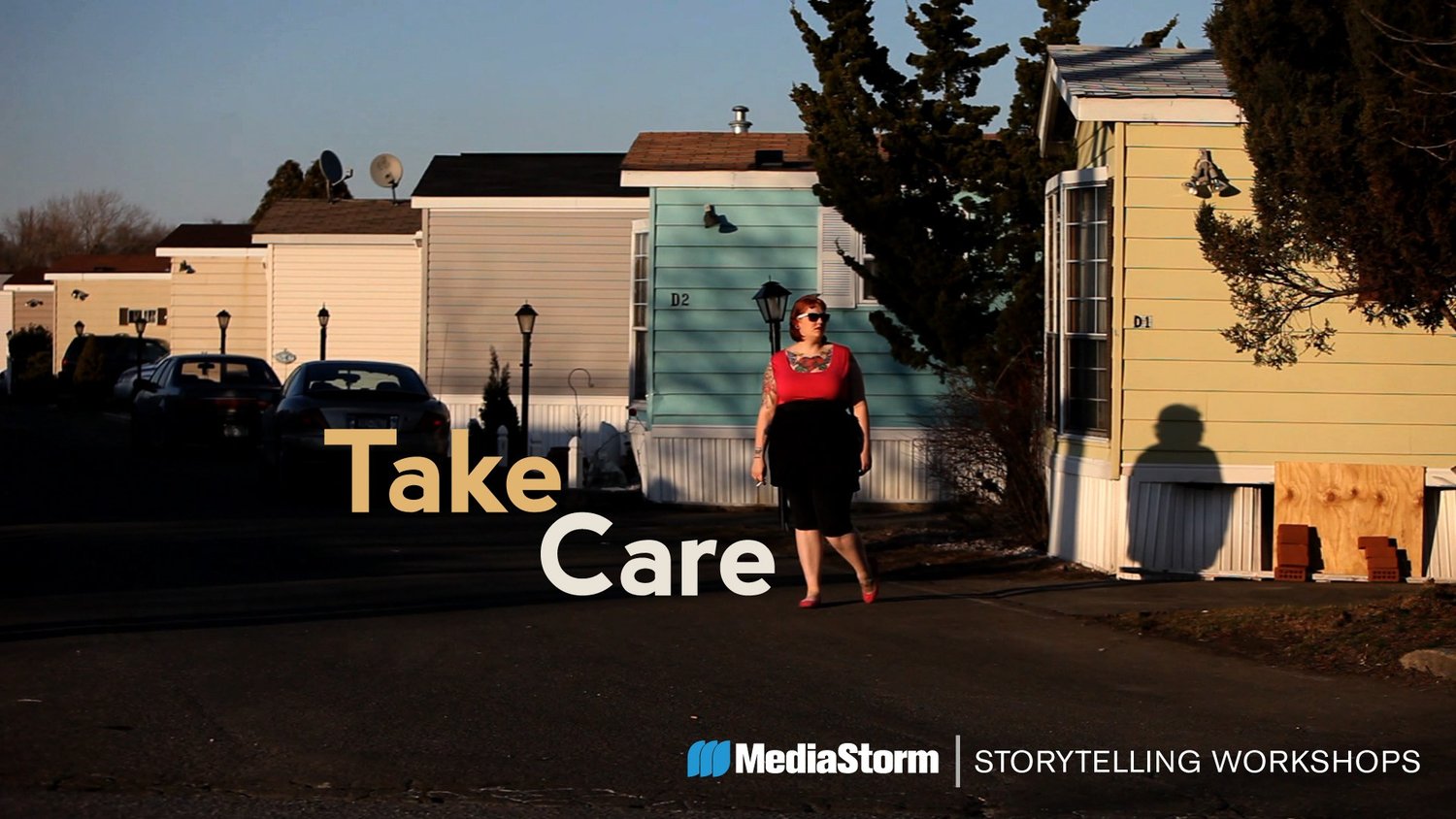
Virginia Gandee's brilliant red hair and dozen tattoos belie the reality of this 22-year-old's life. Inside her family's Staten Island trailer her caregiving goes far beyond the love she has for her daughter.
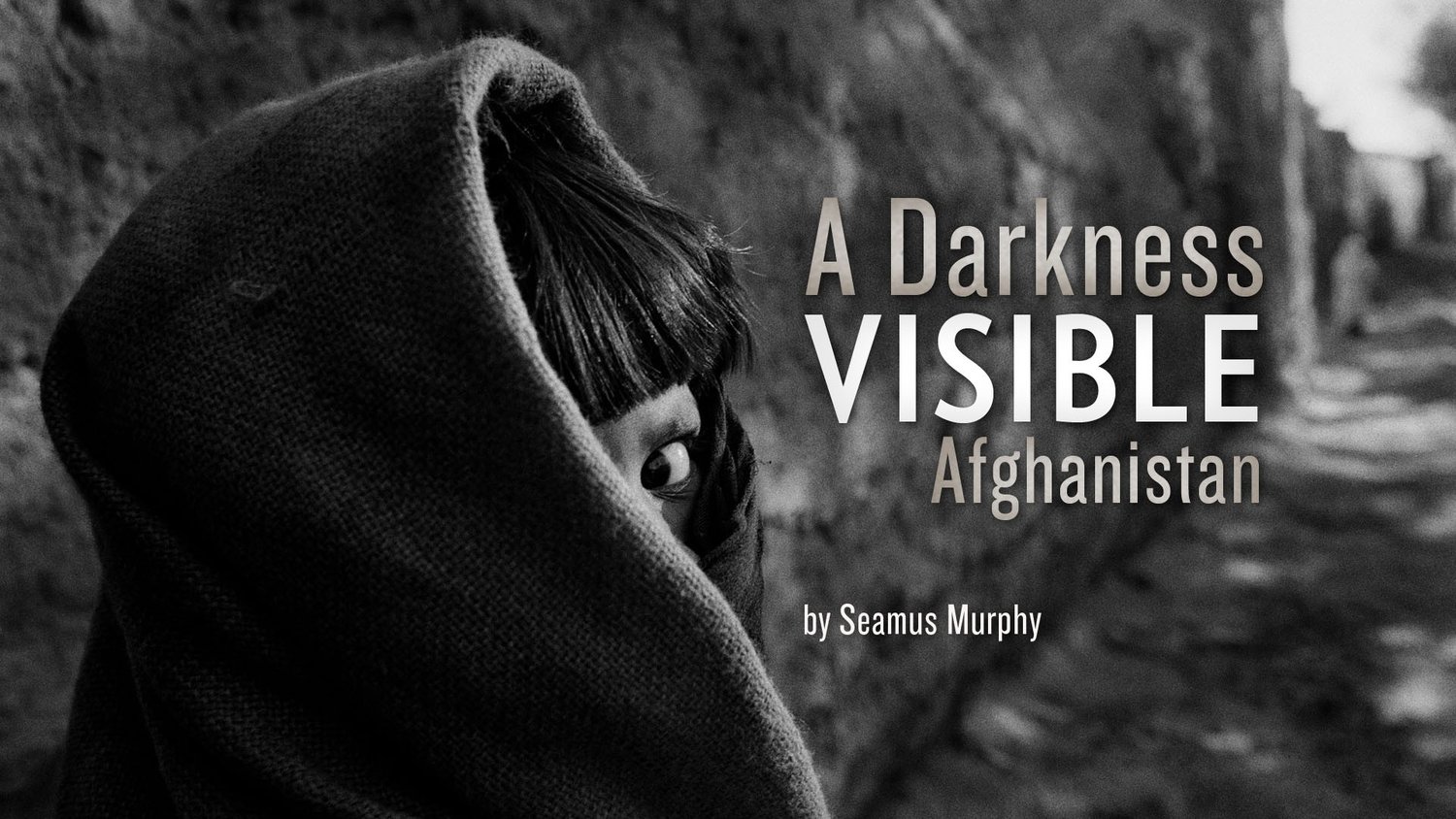
Based on 14 trips to Afghanistan between 1994 and 2010, A Darkness Visible: Afghanistan is the work of photojournalist Seamus Murphy. His work chronicles a people caught time and again in political turmoil, struggling to find their way.
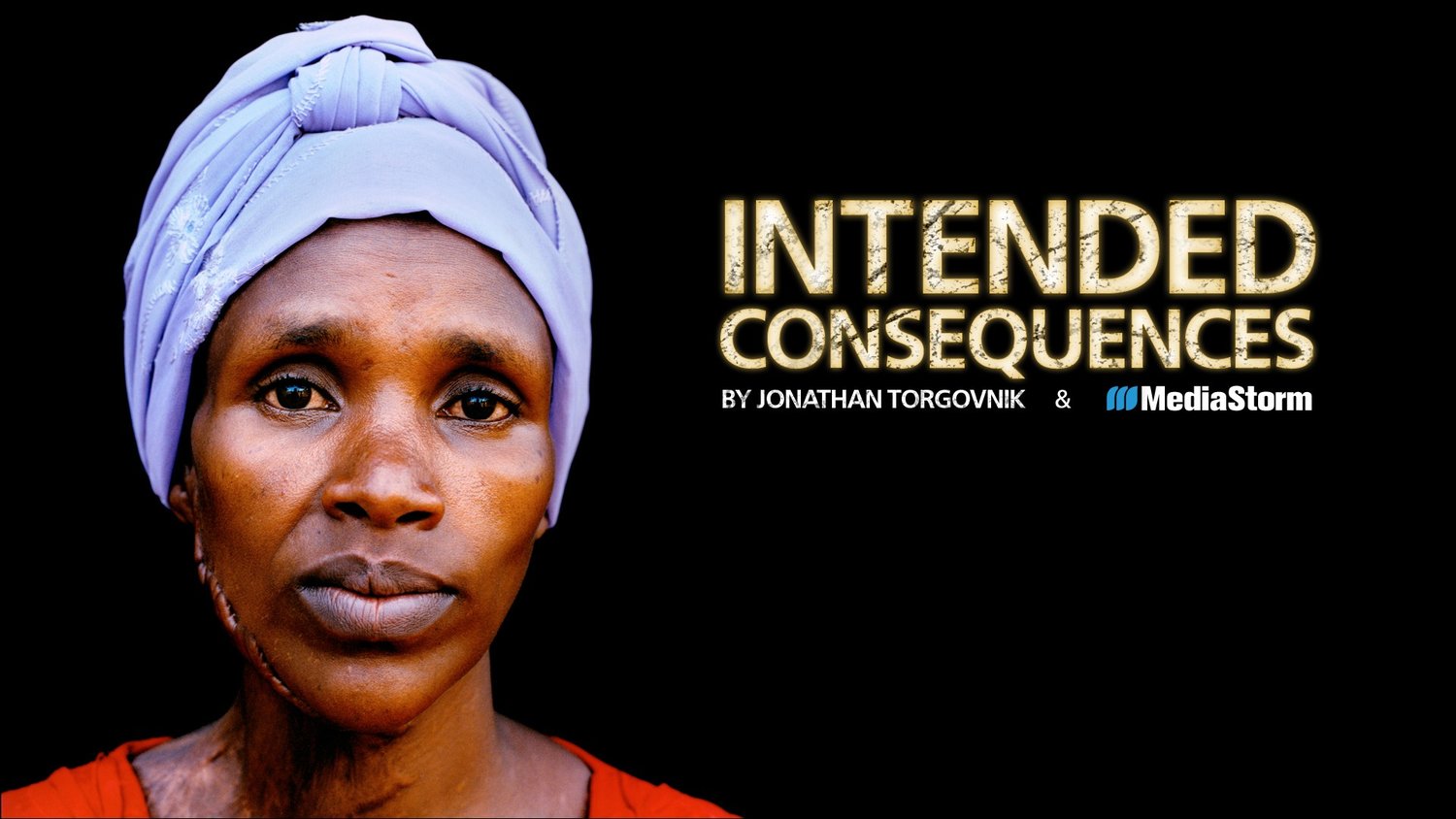
In Rwanda, in 1994, Hutu militia committed a bloody genocide, murdering one million Tutsis. Many of the Tutsi women were spared, only to be held captive and repeatedly raped. Many became pregnant. Intended Consequences tells their stories.
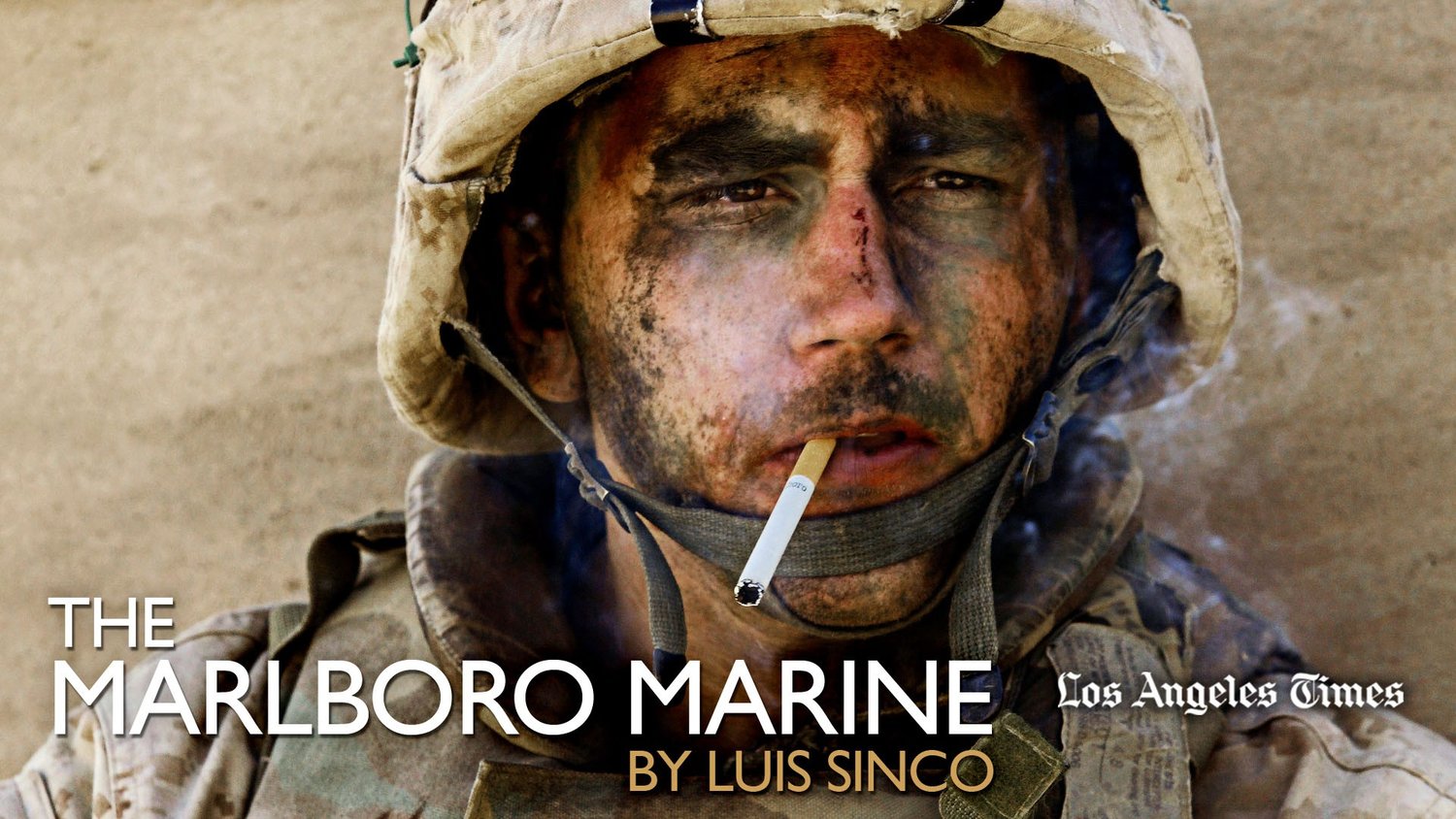
To those who serve in the armed forces, what is the aftereffect of war? The Marlboro Marine is photographer Luis Sinco's portrait of Marine Corporal James Blake Miller, whom he met in Iraq. For Miller, coming home has been its own battle.
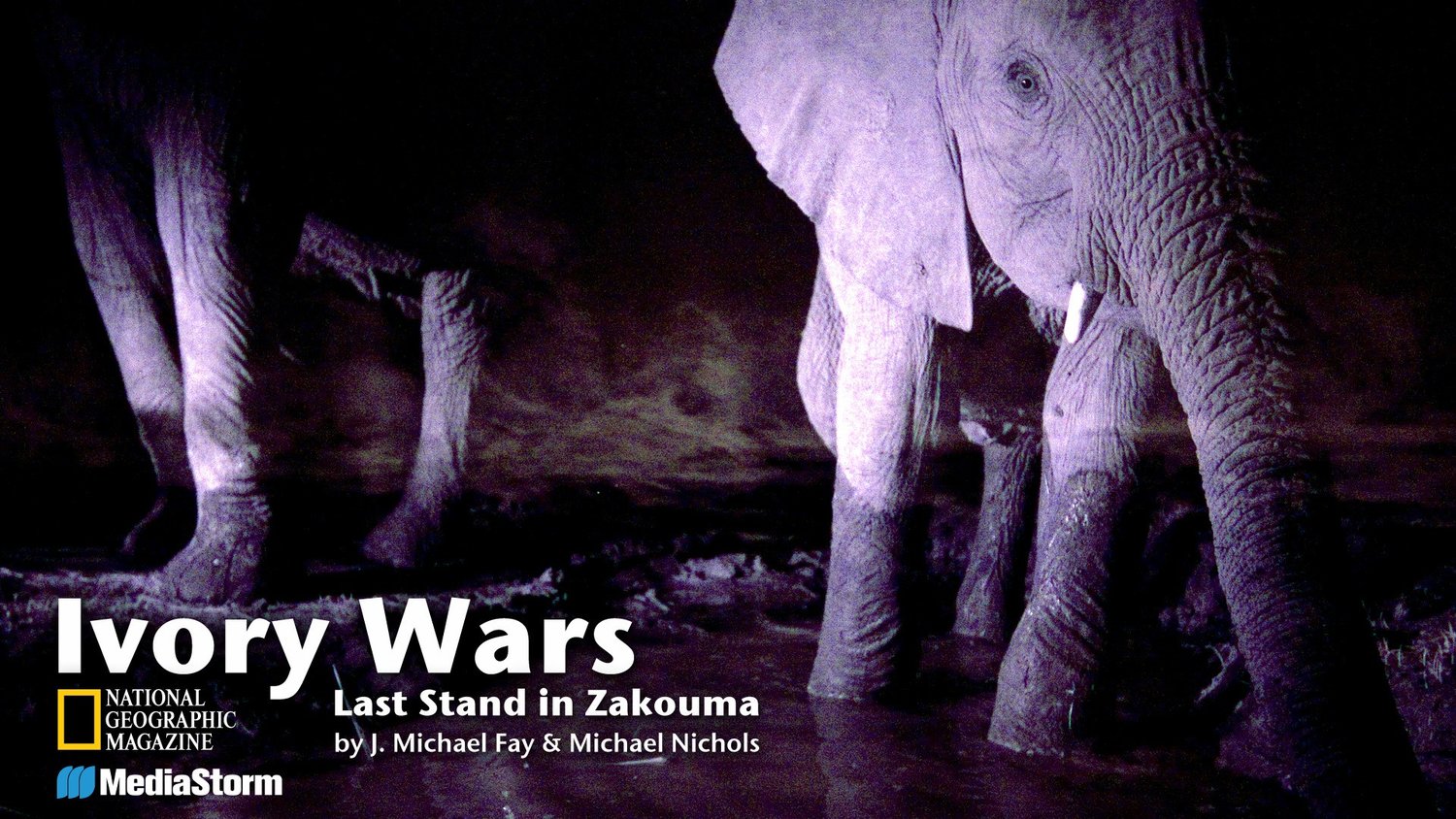
Zakouma National Park is one of the last places on earth where elephants still roam by the thousands. In a land where poachers will slaughter the huge animals for their tusks alone, it takes armed guards to keep them safe.
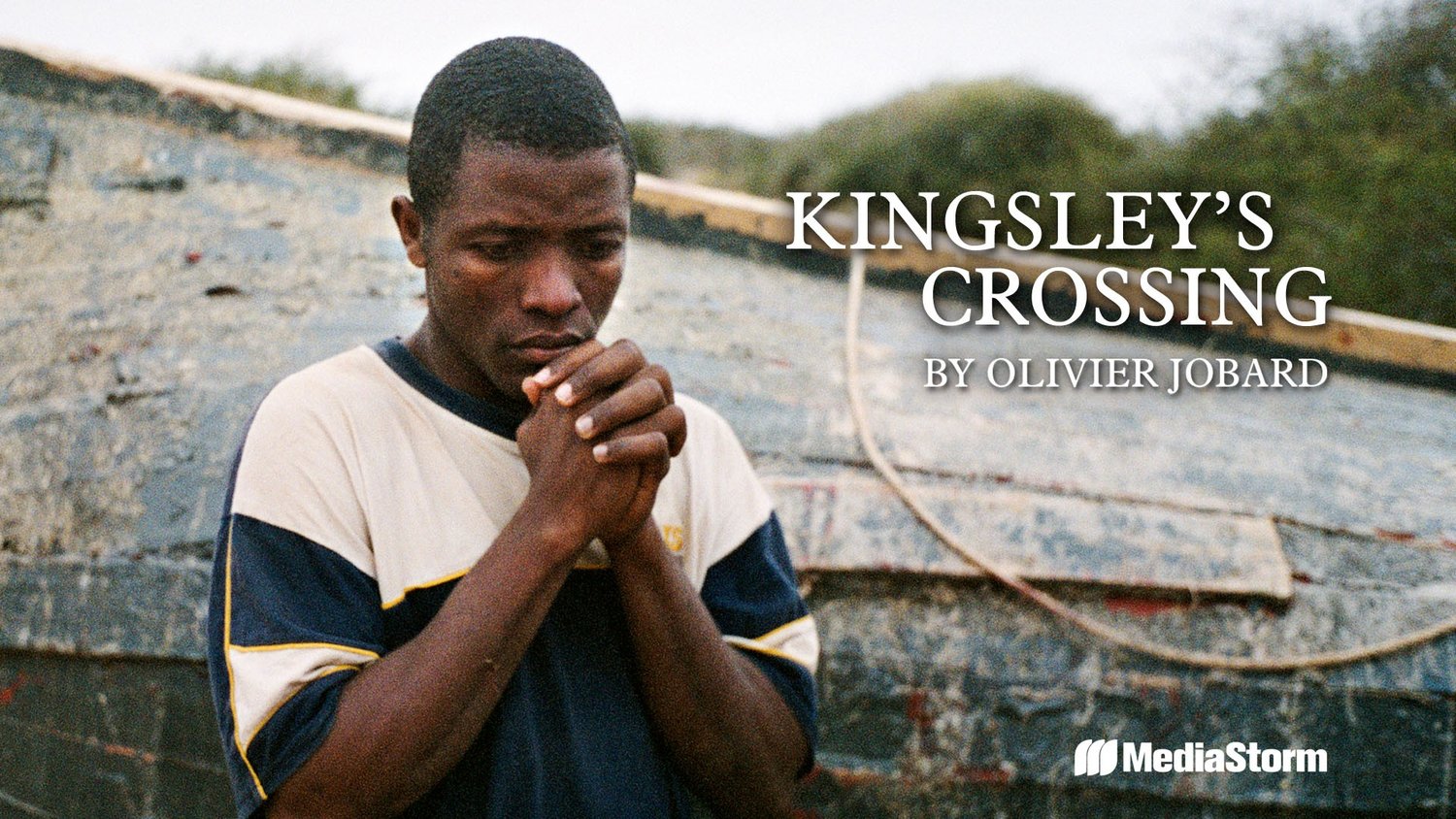
Kingsley's Crossing is the story of one man's dream to leave the poverty of life in Africa for the promised land of Europe. We walk in his shoes, as photojournalist Olivier Jobard accompanies Kingsley on his uncertain and perilous journey.
Collaborate With Us
The MediaStorm Platform is an advanced video platform that extends the user experience beyond linear video to include the interactive capabilities of the Internet.
The MediaStorm Platform is an advanced video platform that extends the user experience beyond linear video to include the interactive capabilities of the Internet.
Follow MediaStorm
Copyright 2025 MediaStorm, LLC | Terms & Conditions | Privacy | Contact
